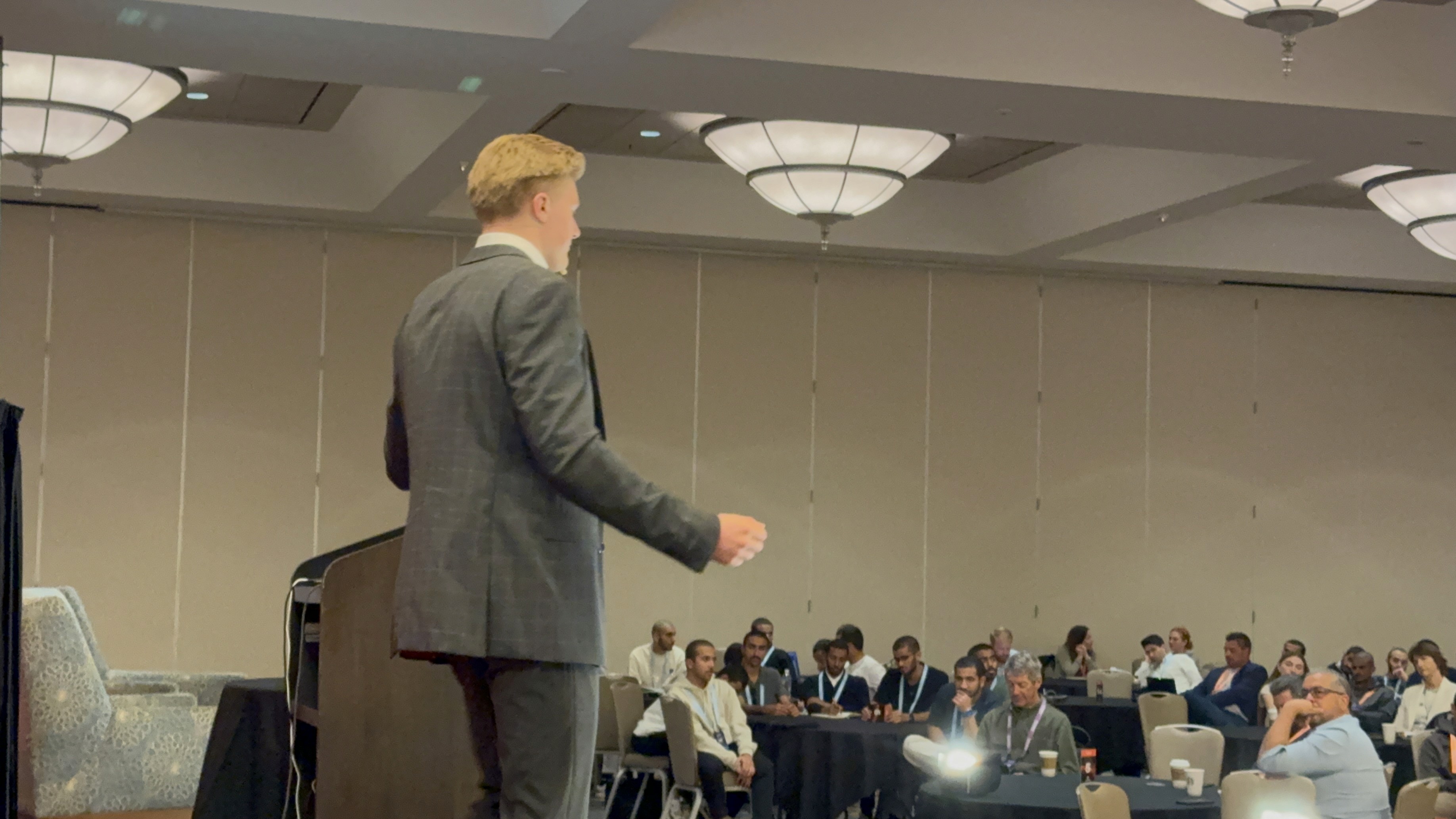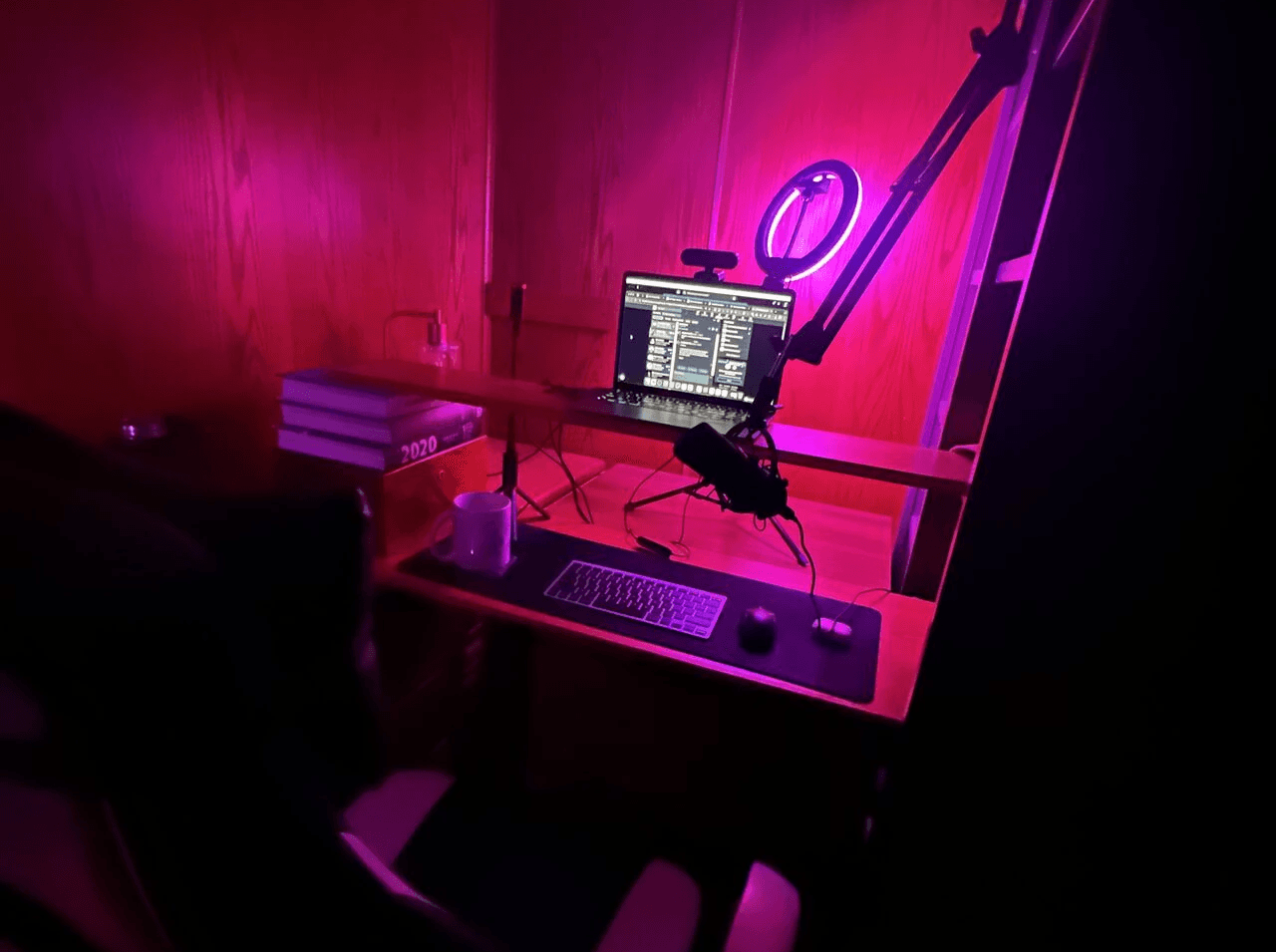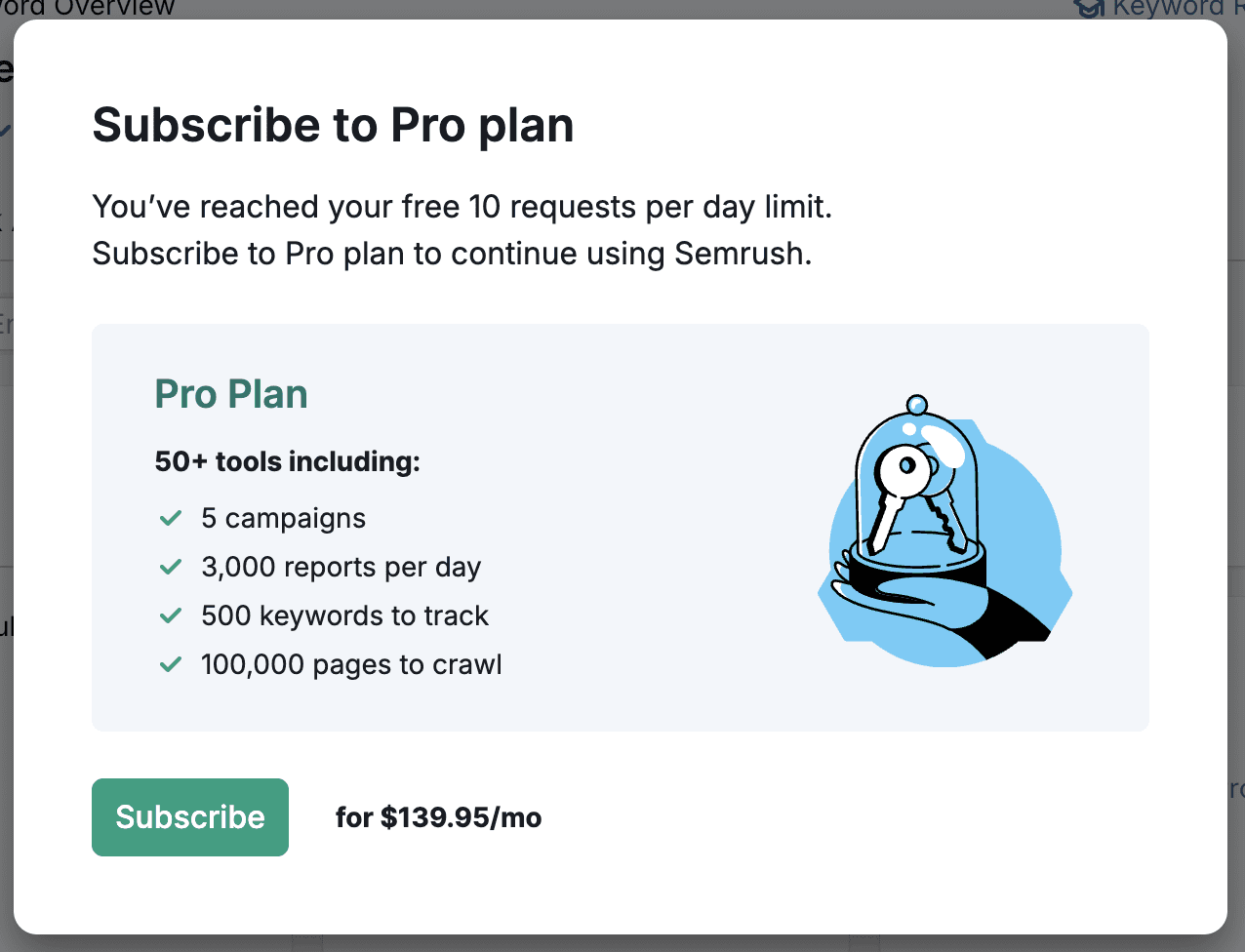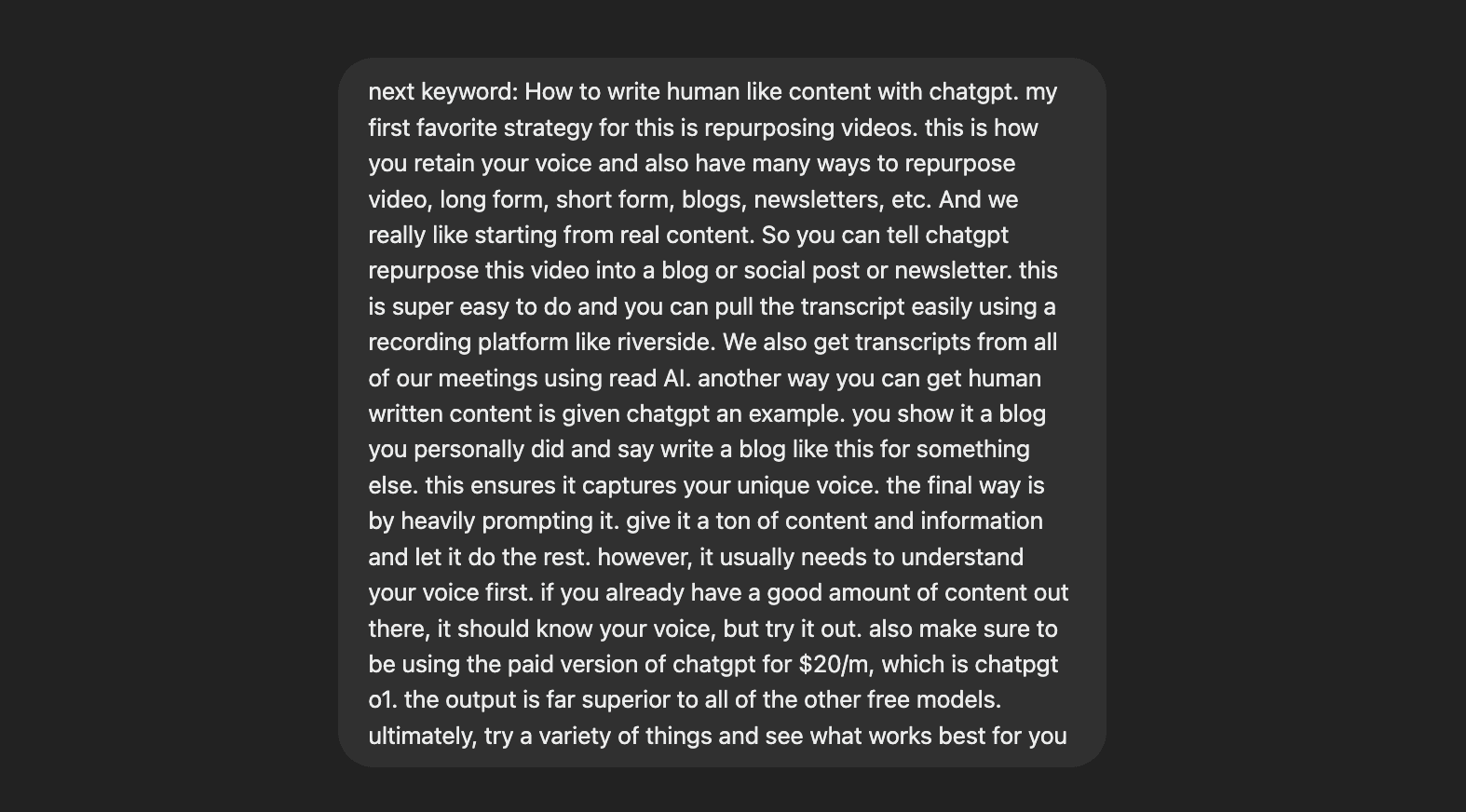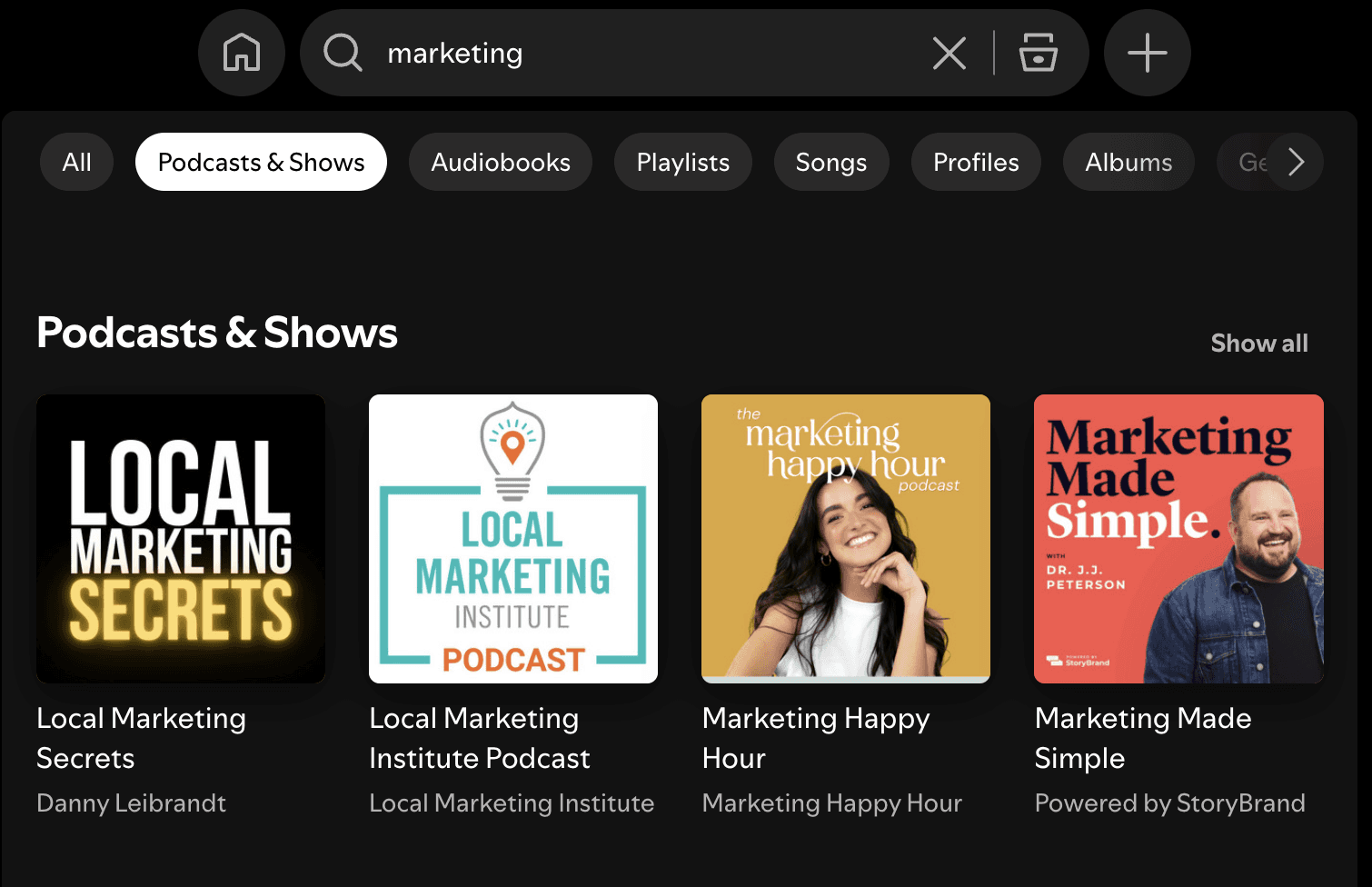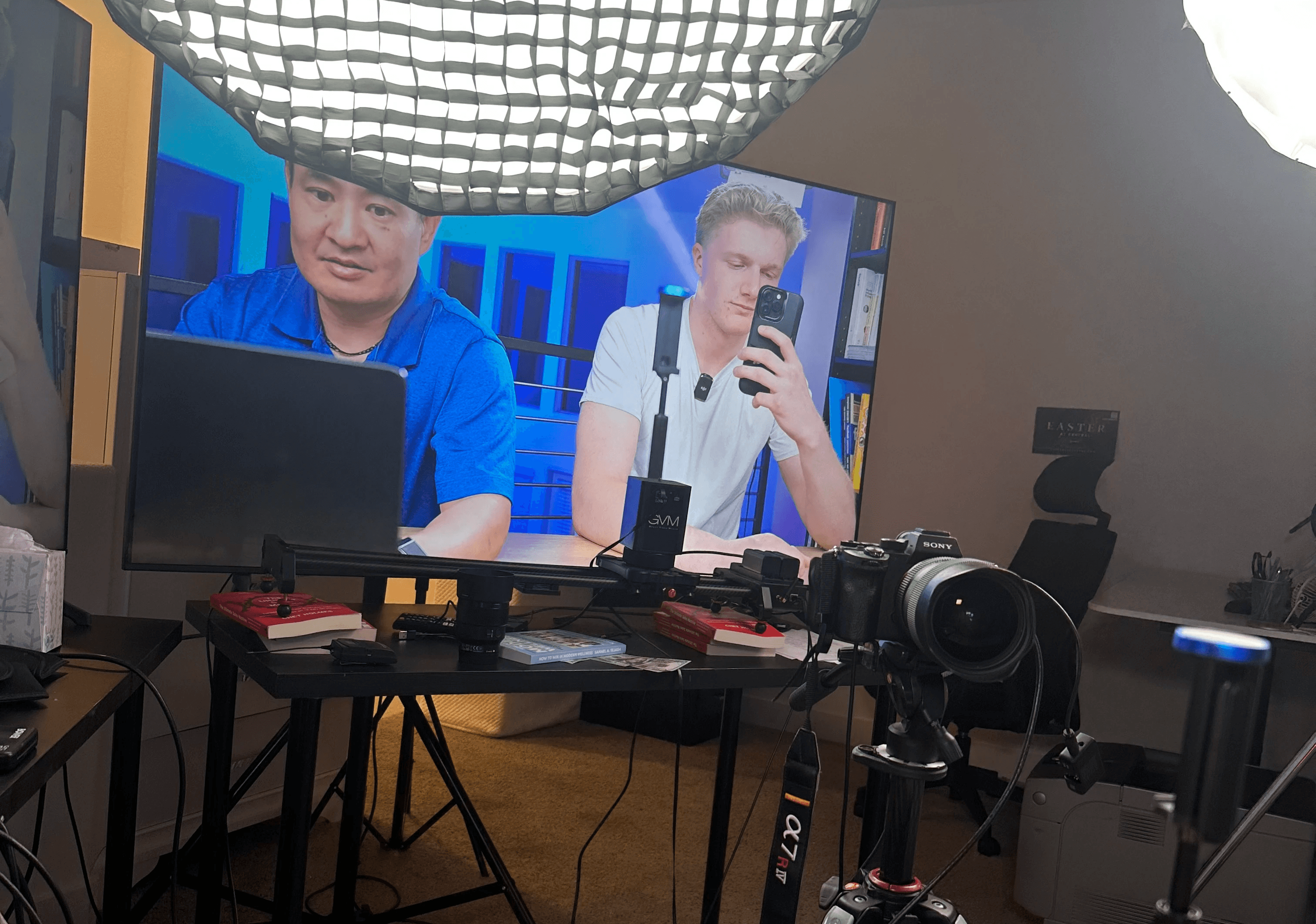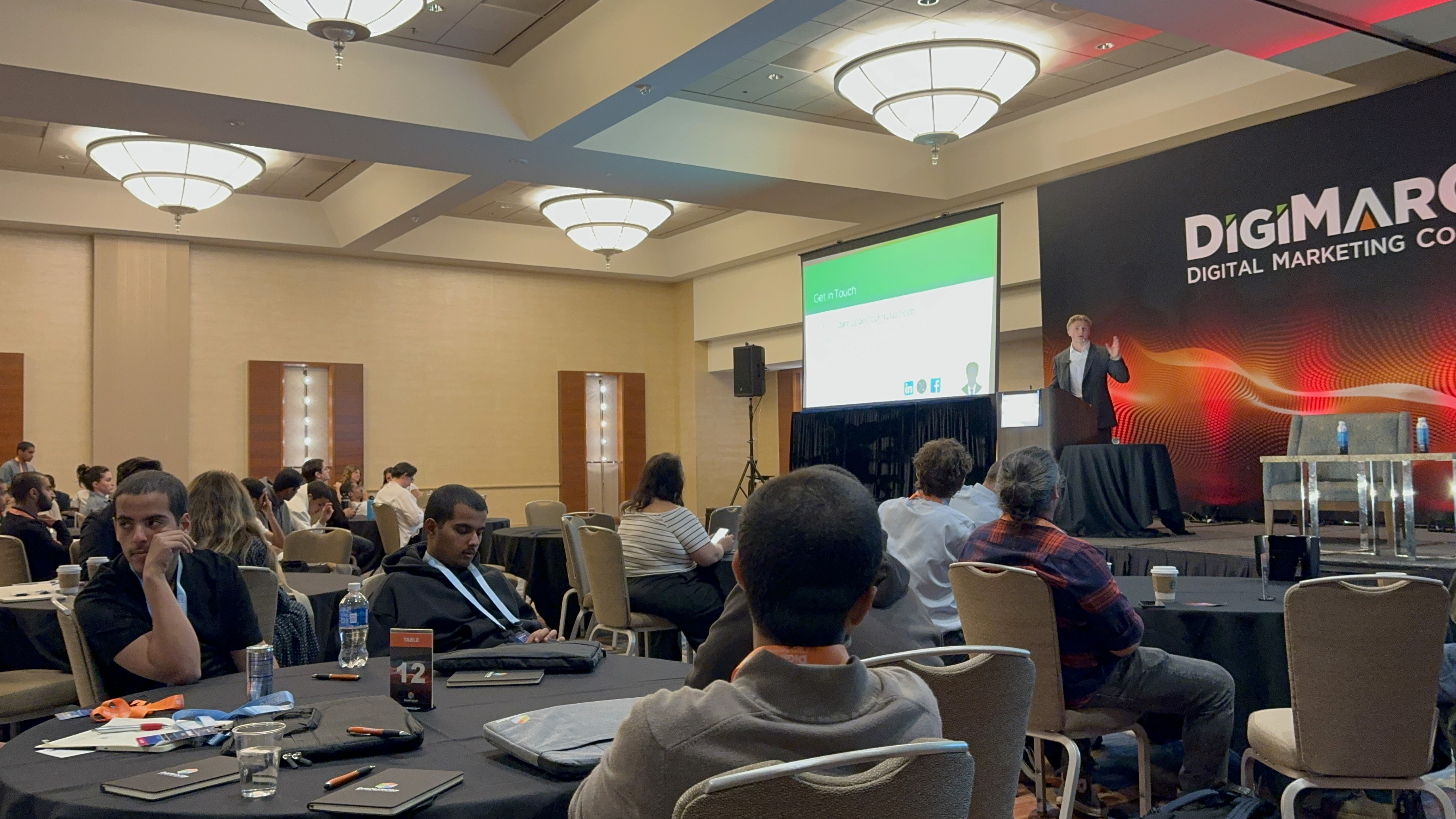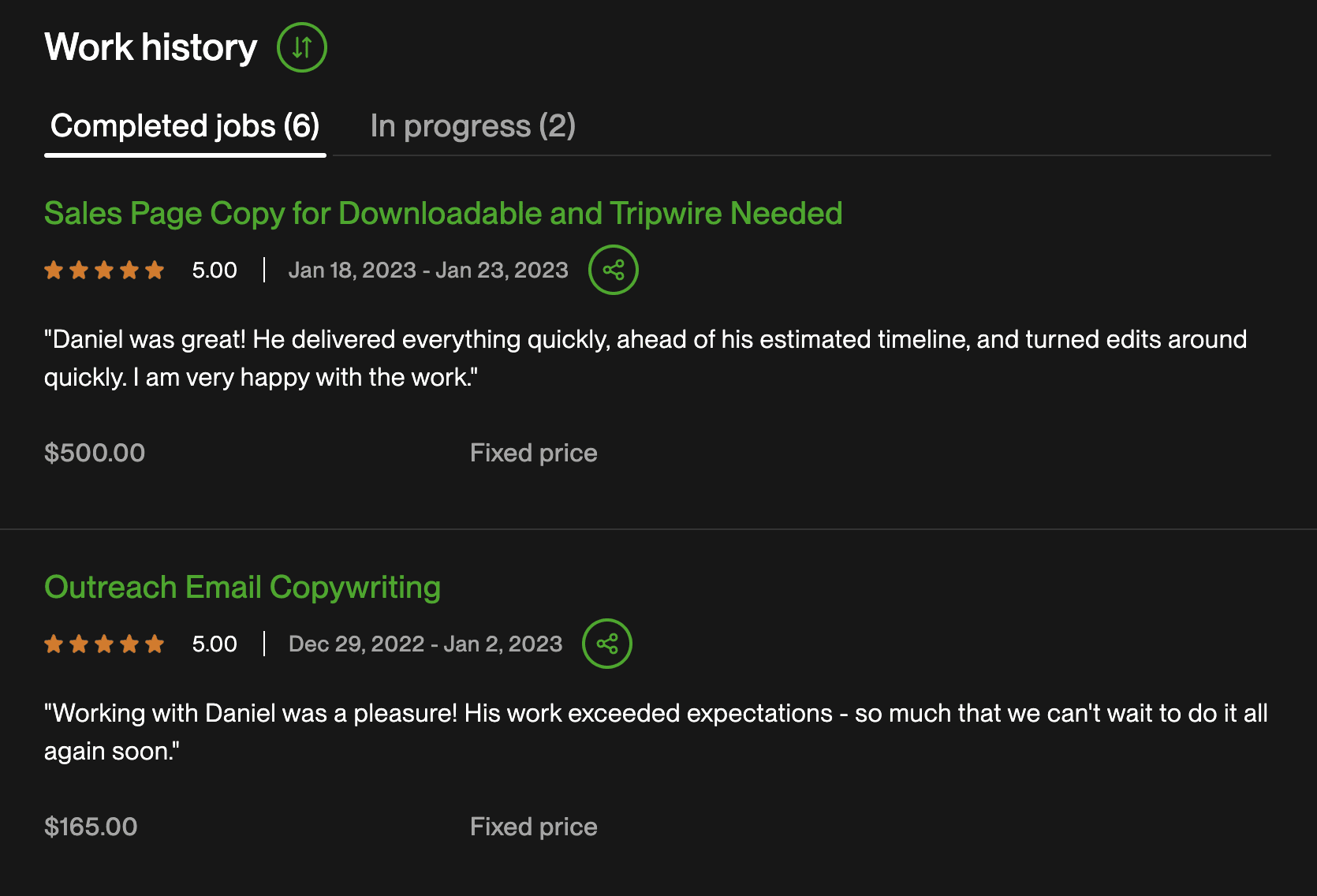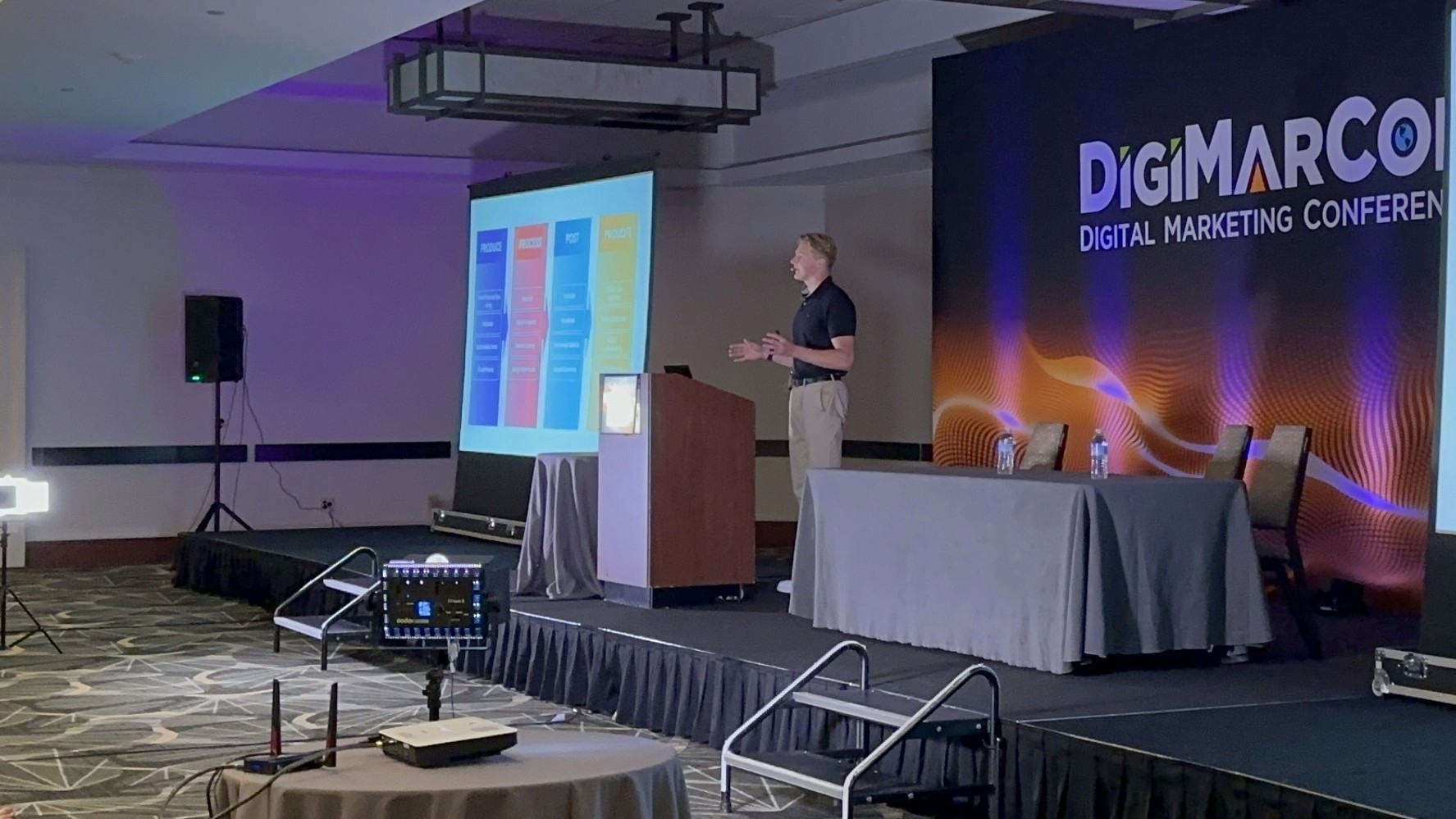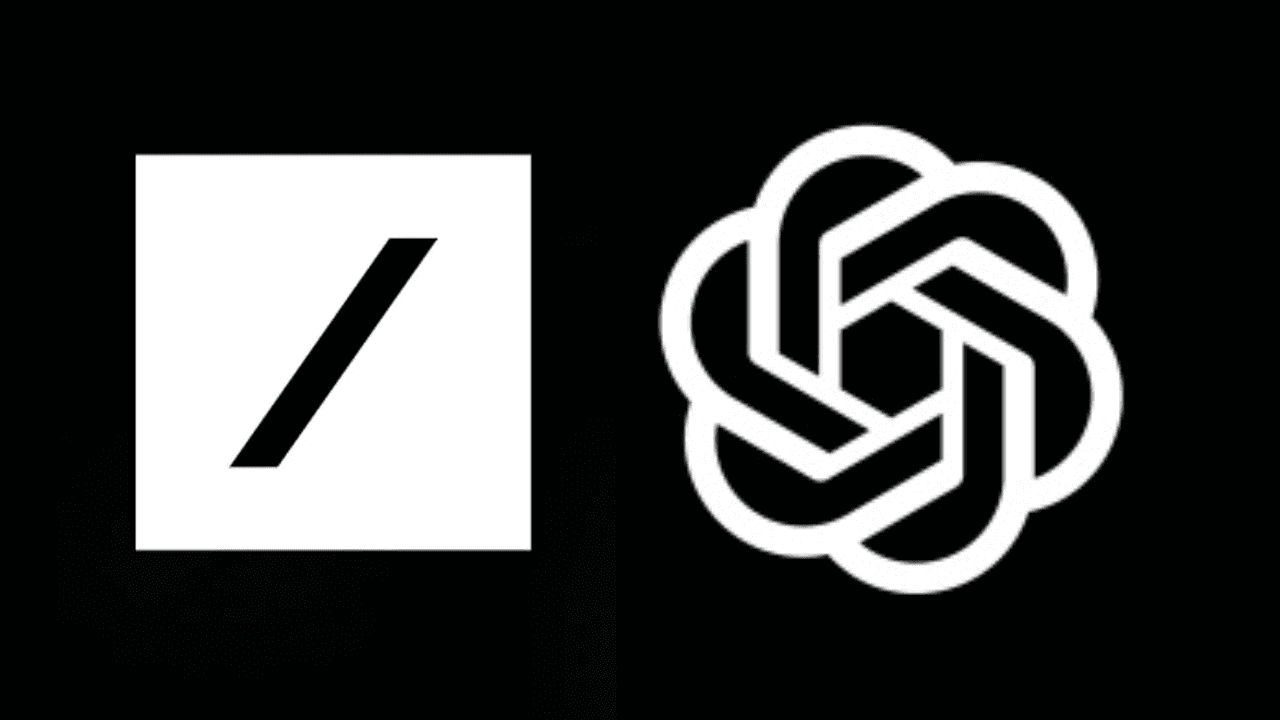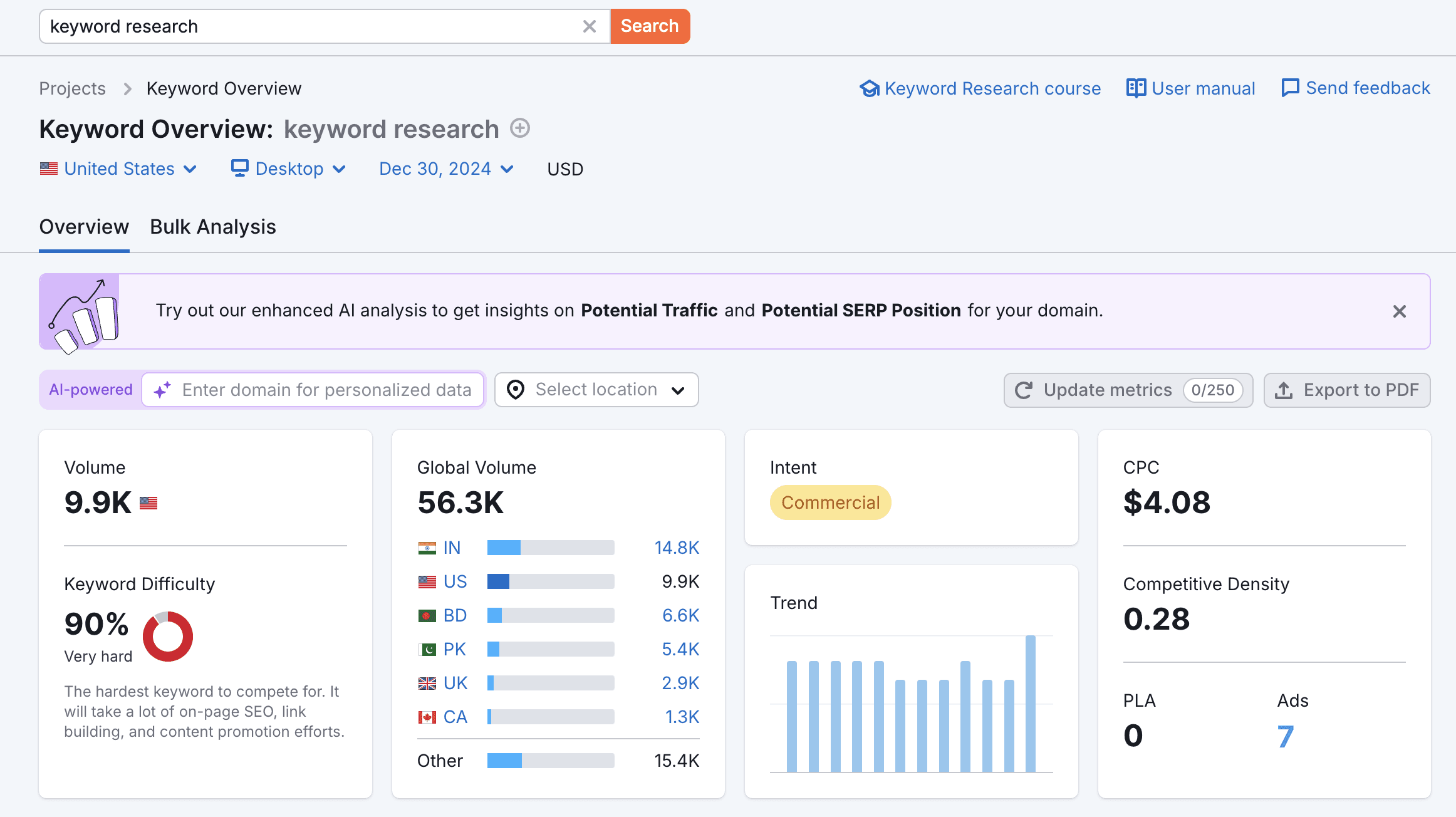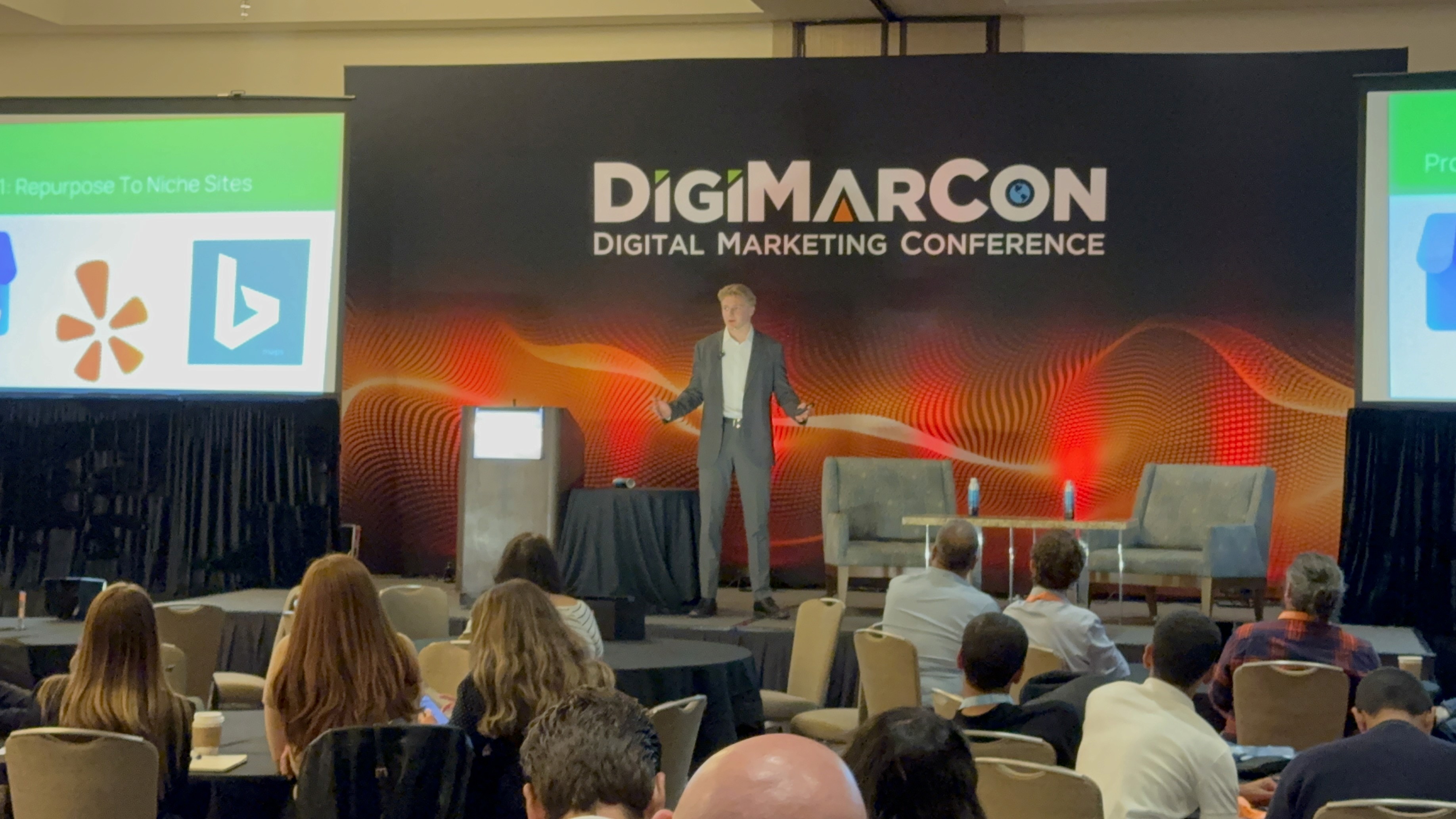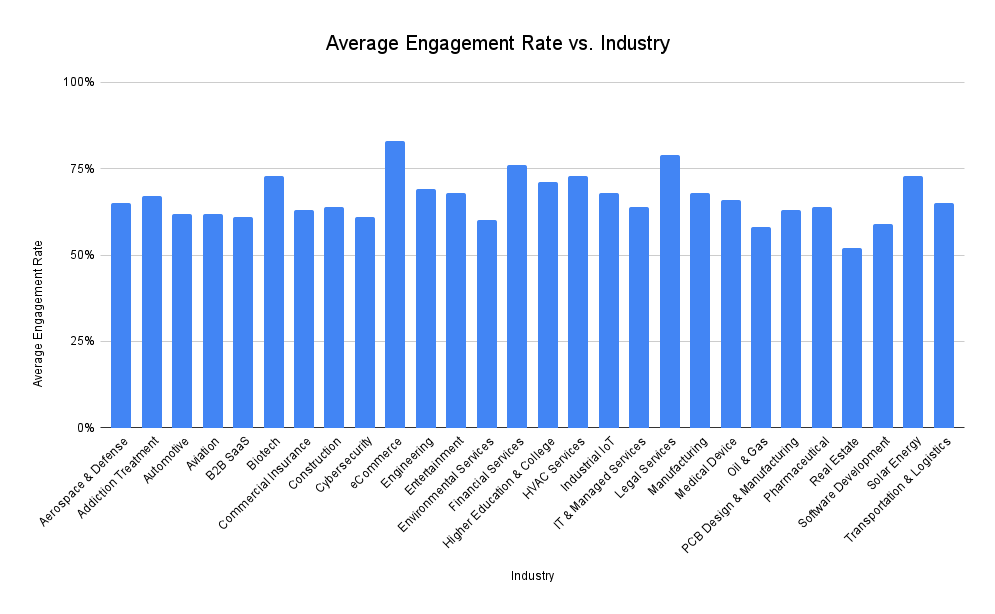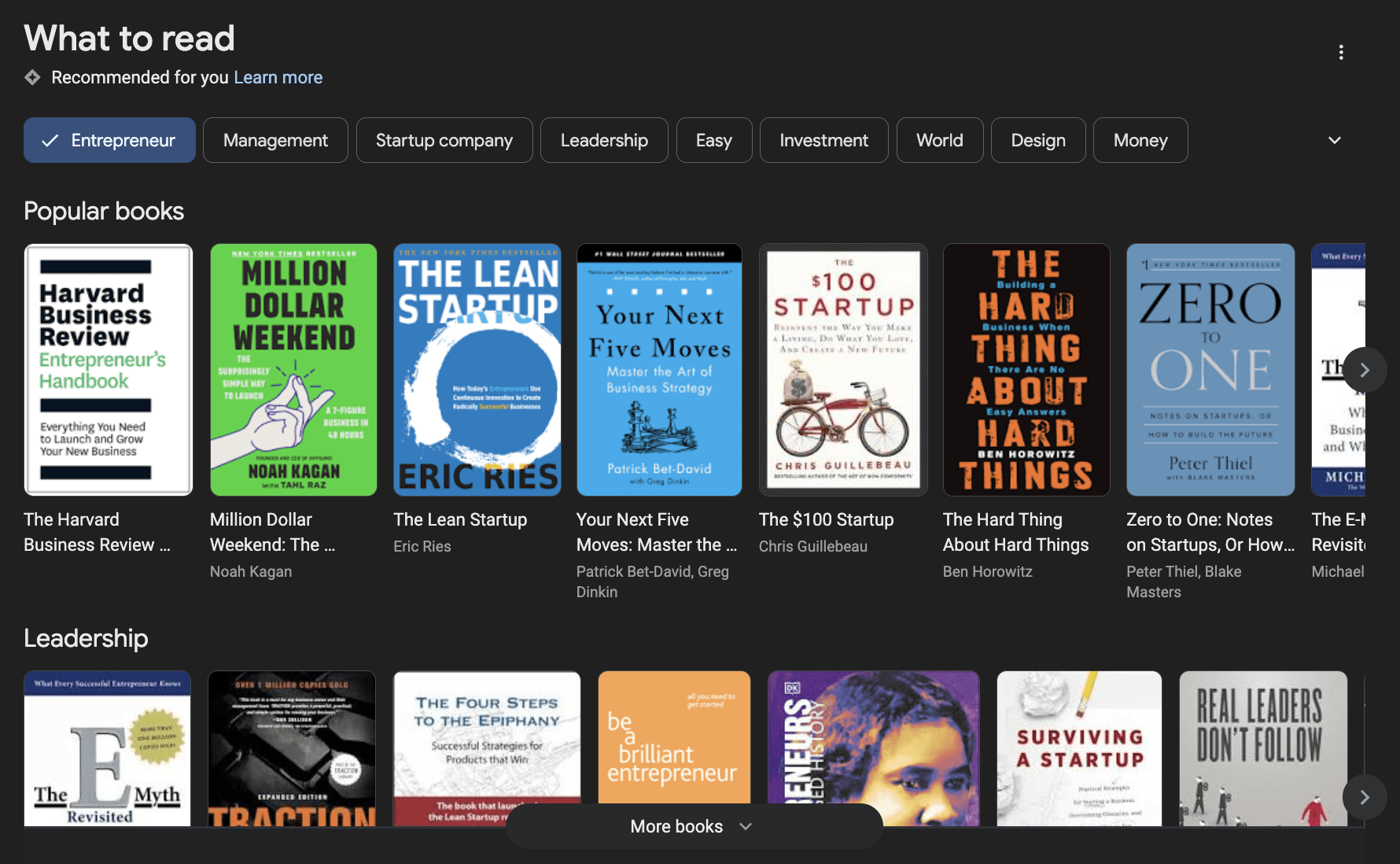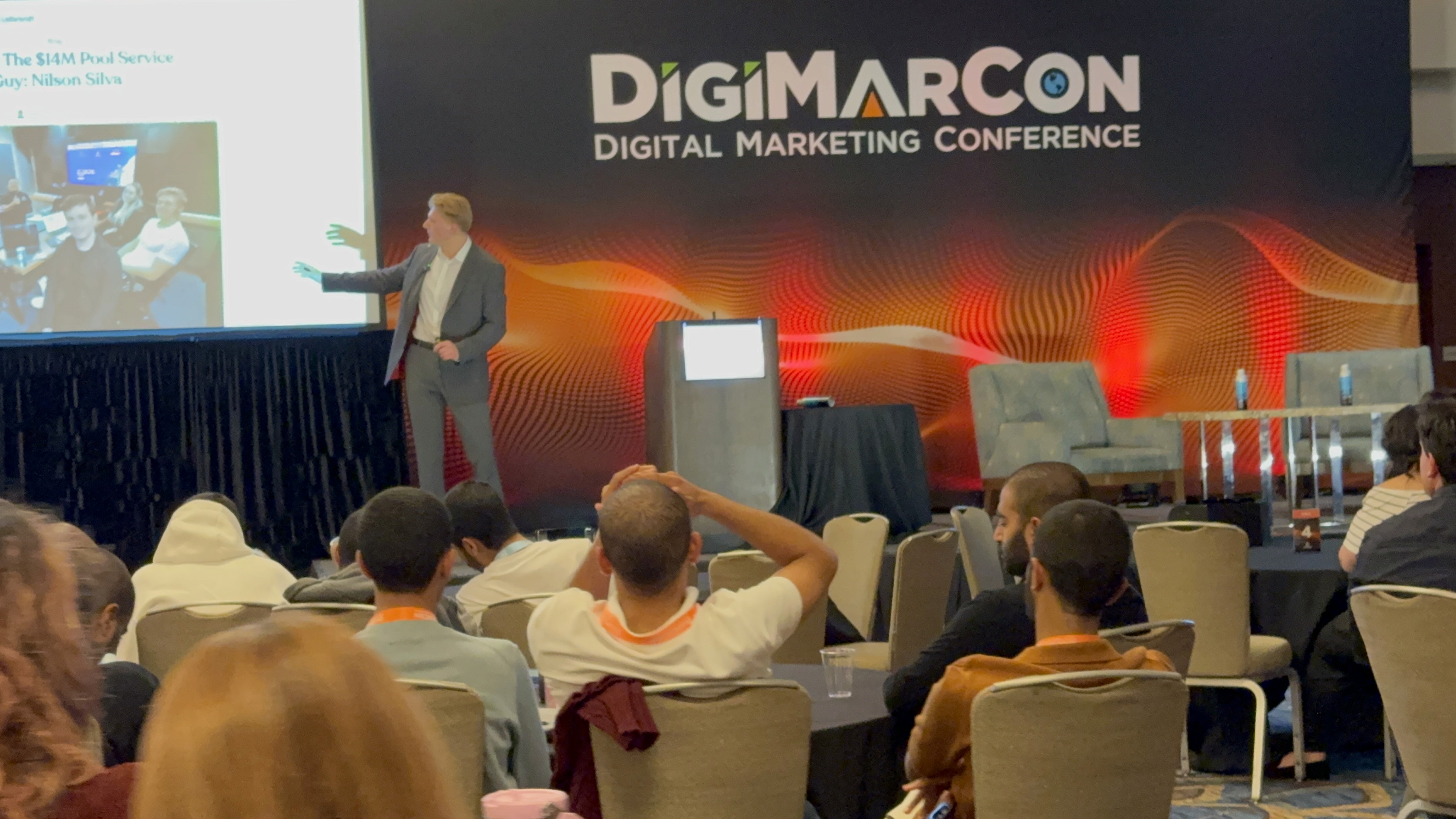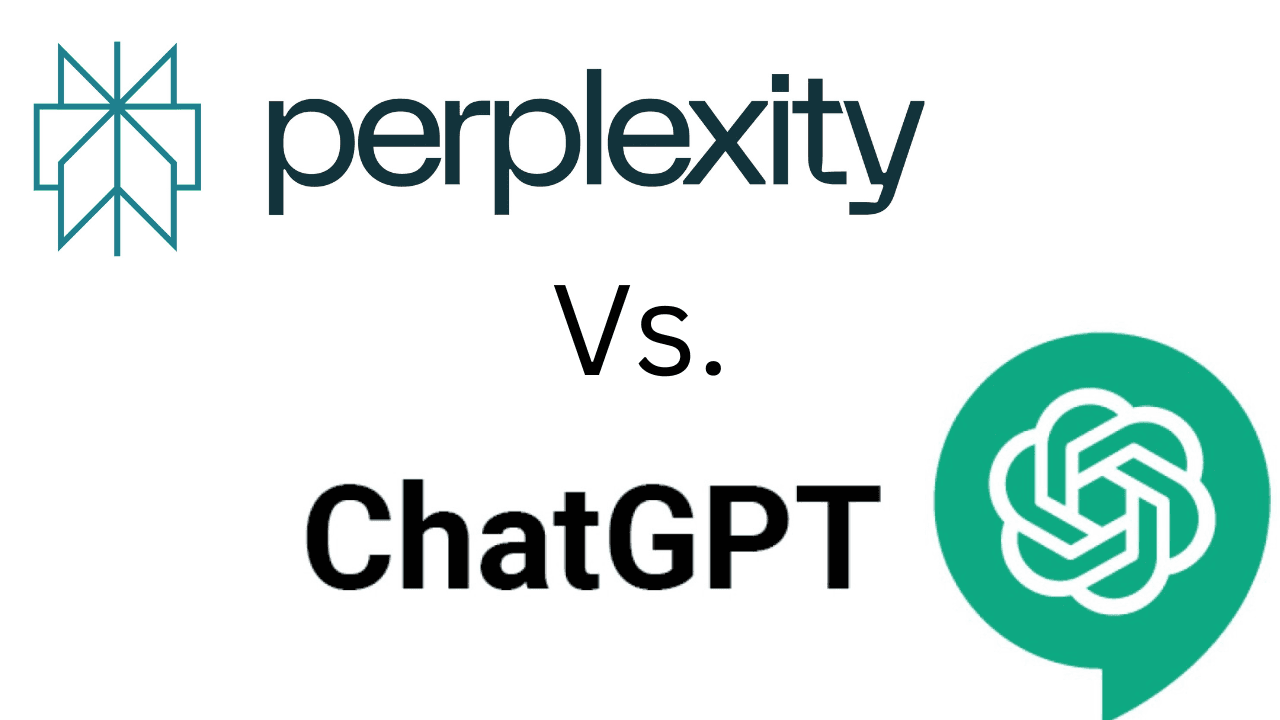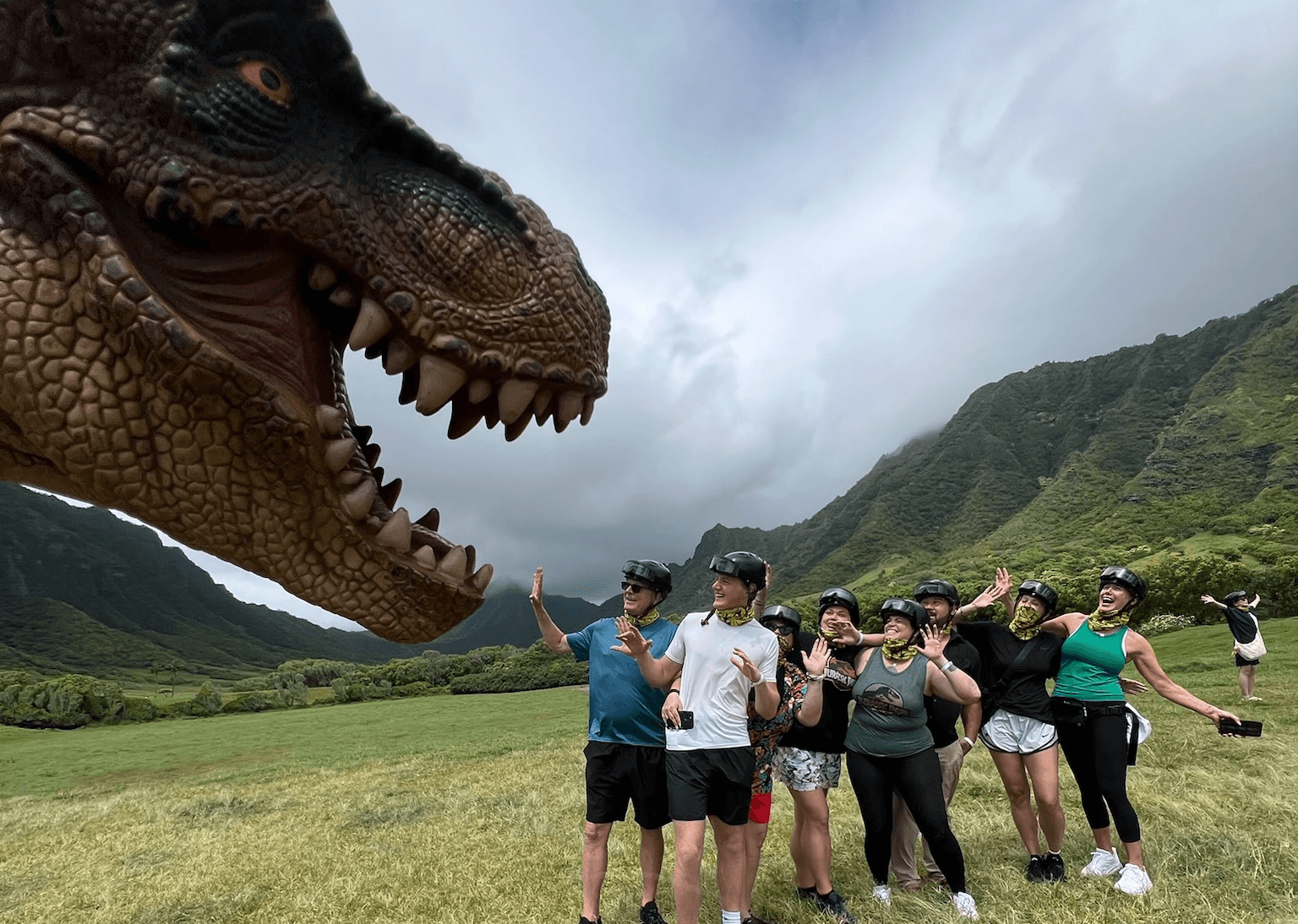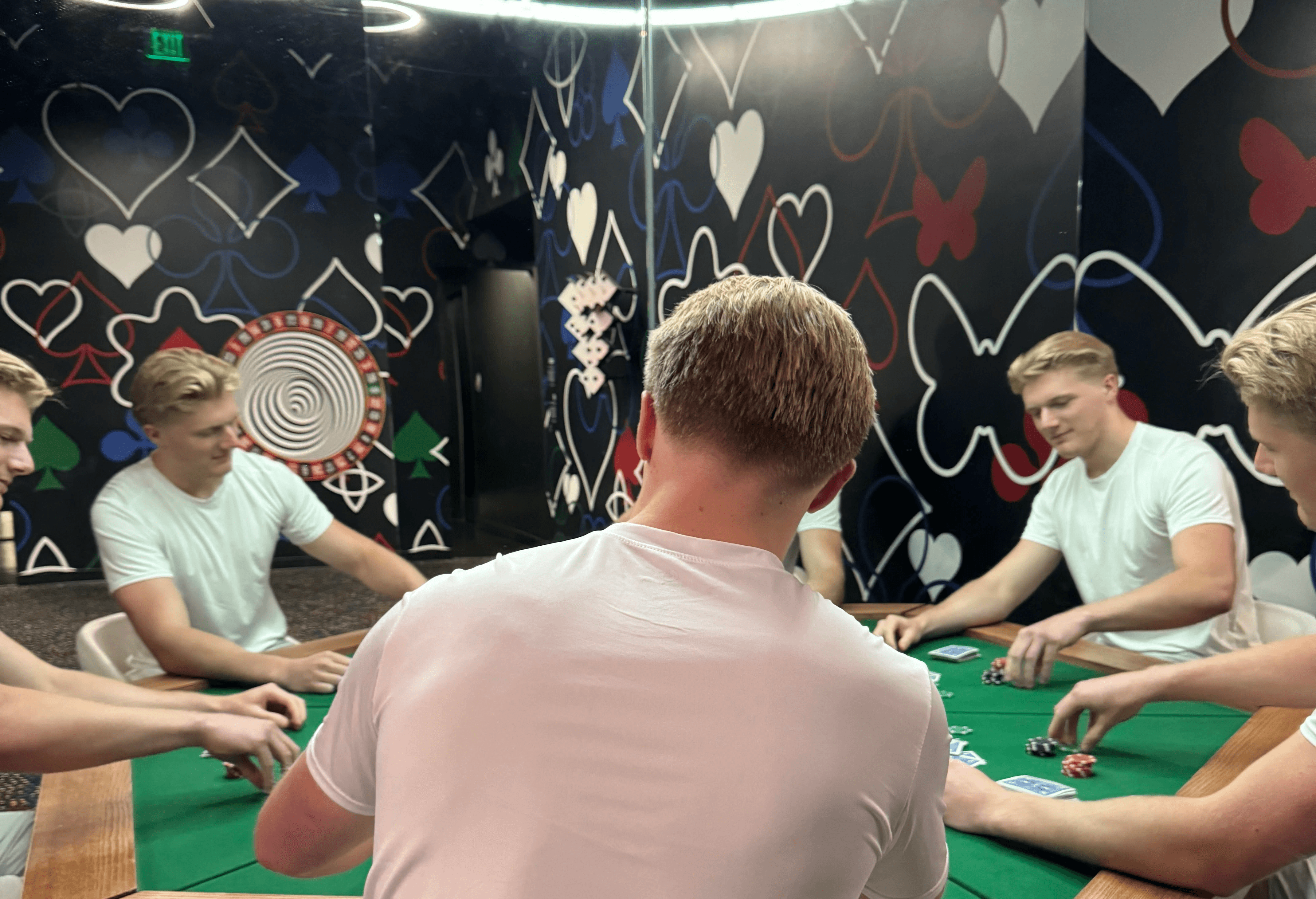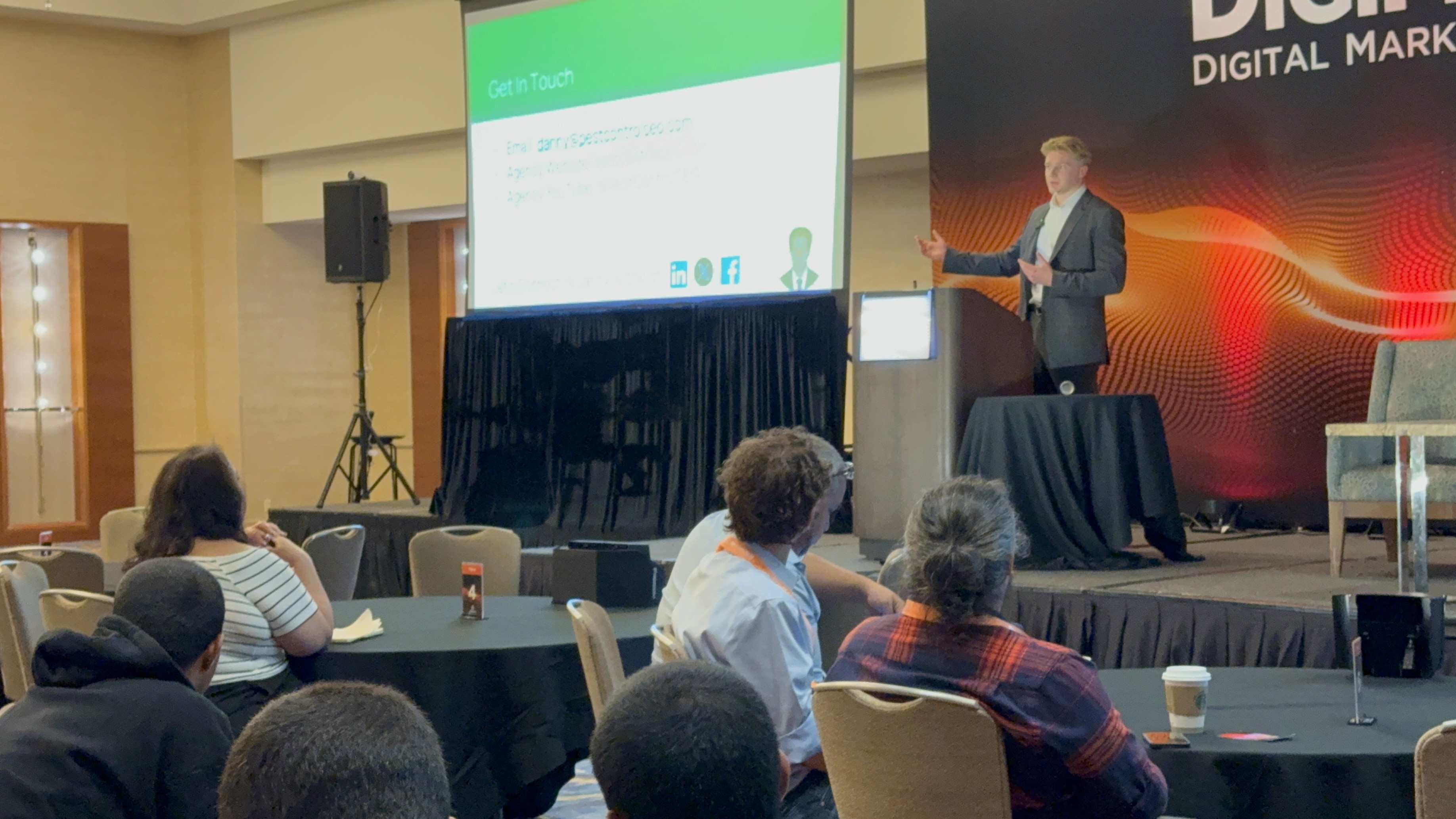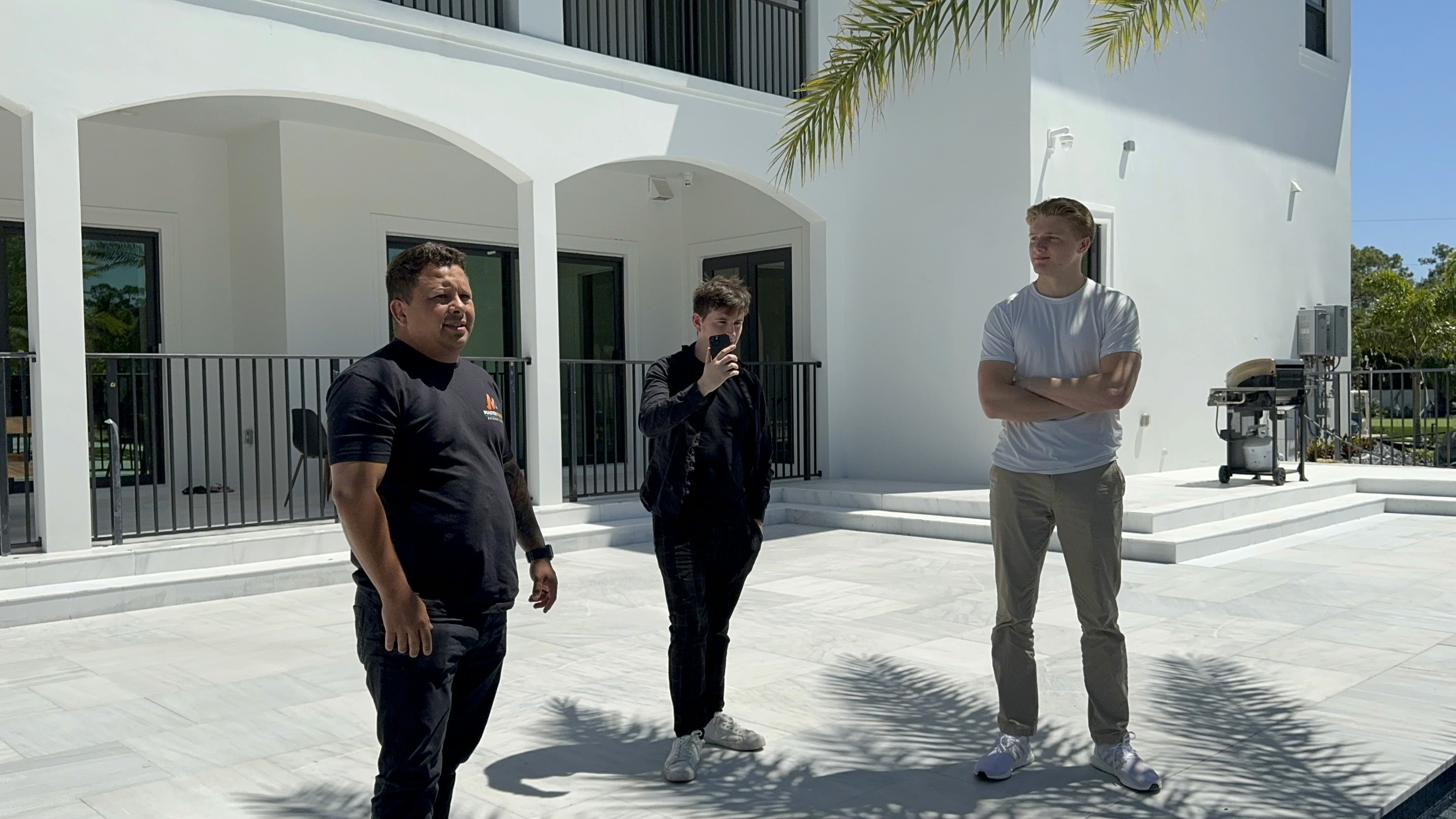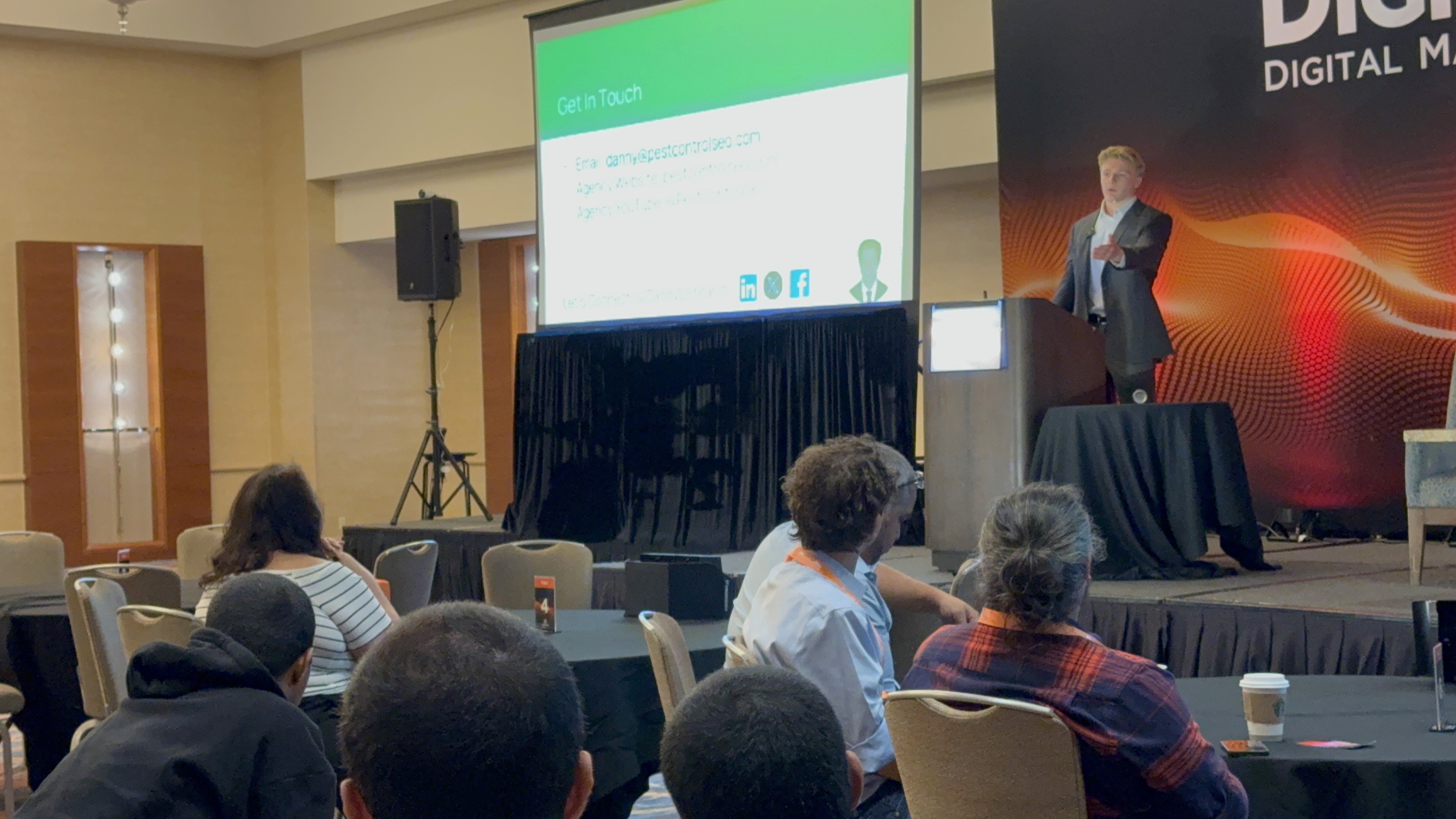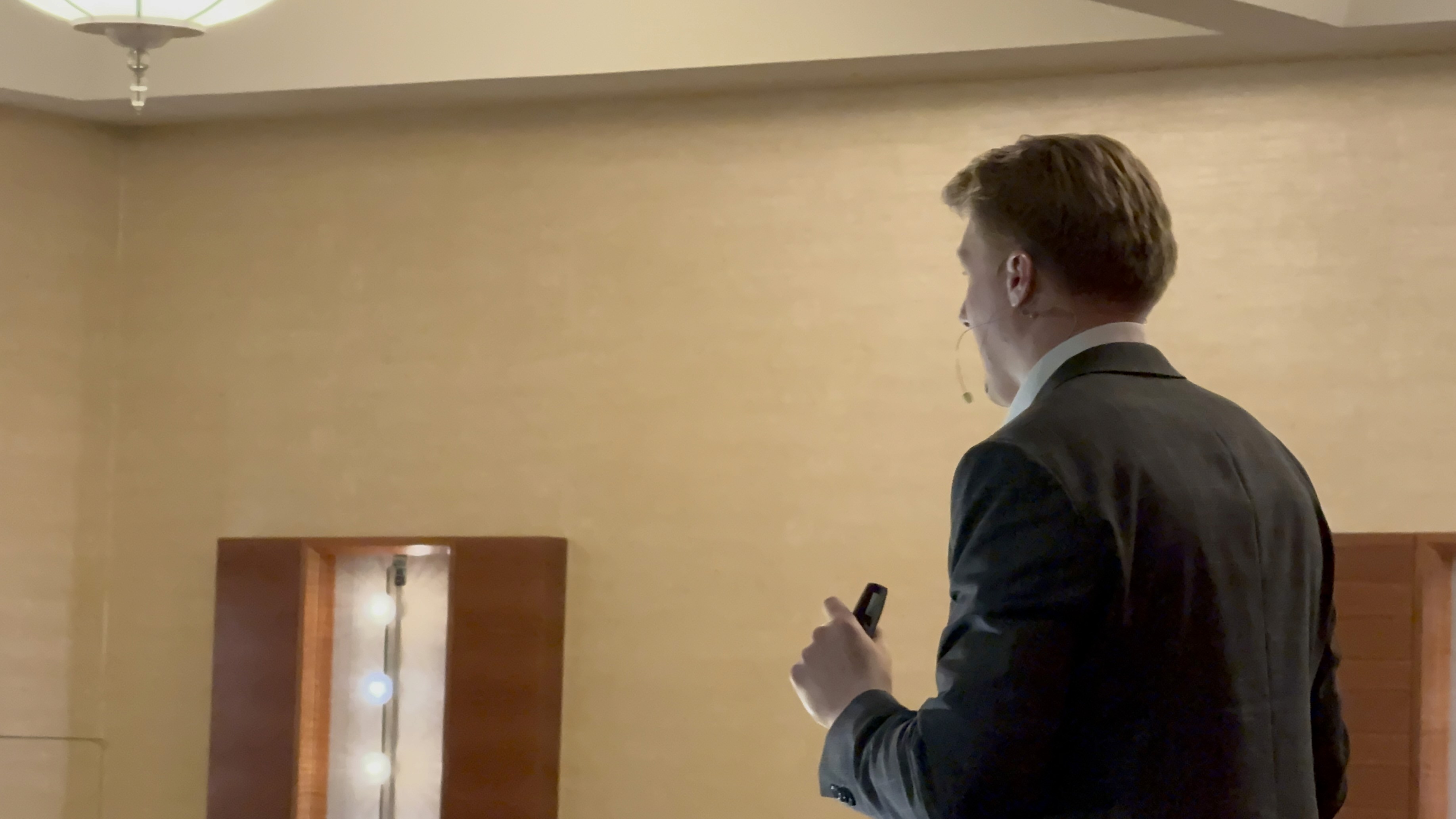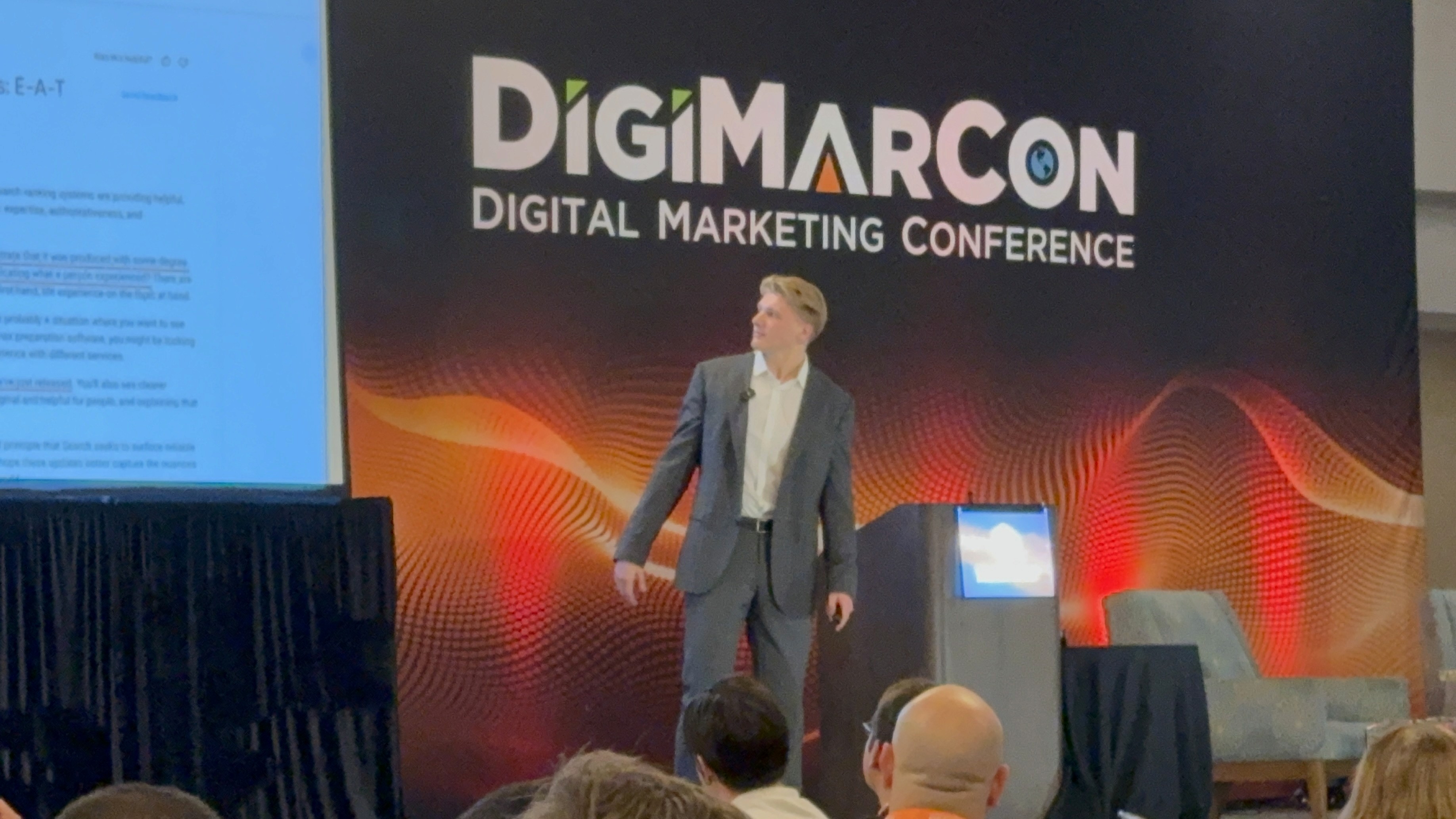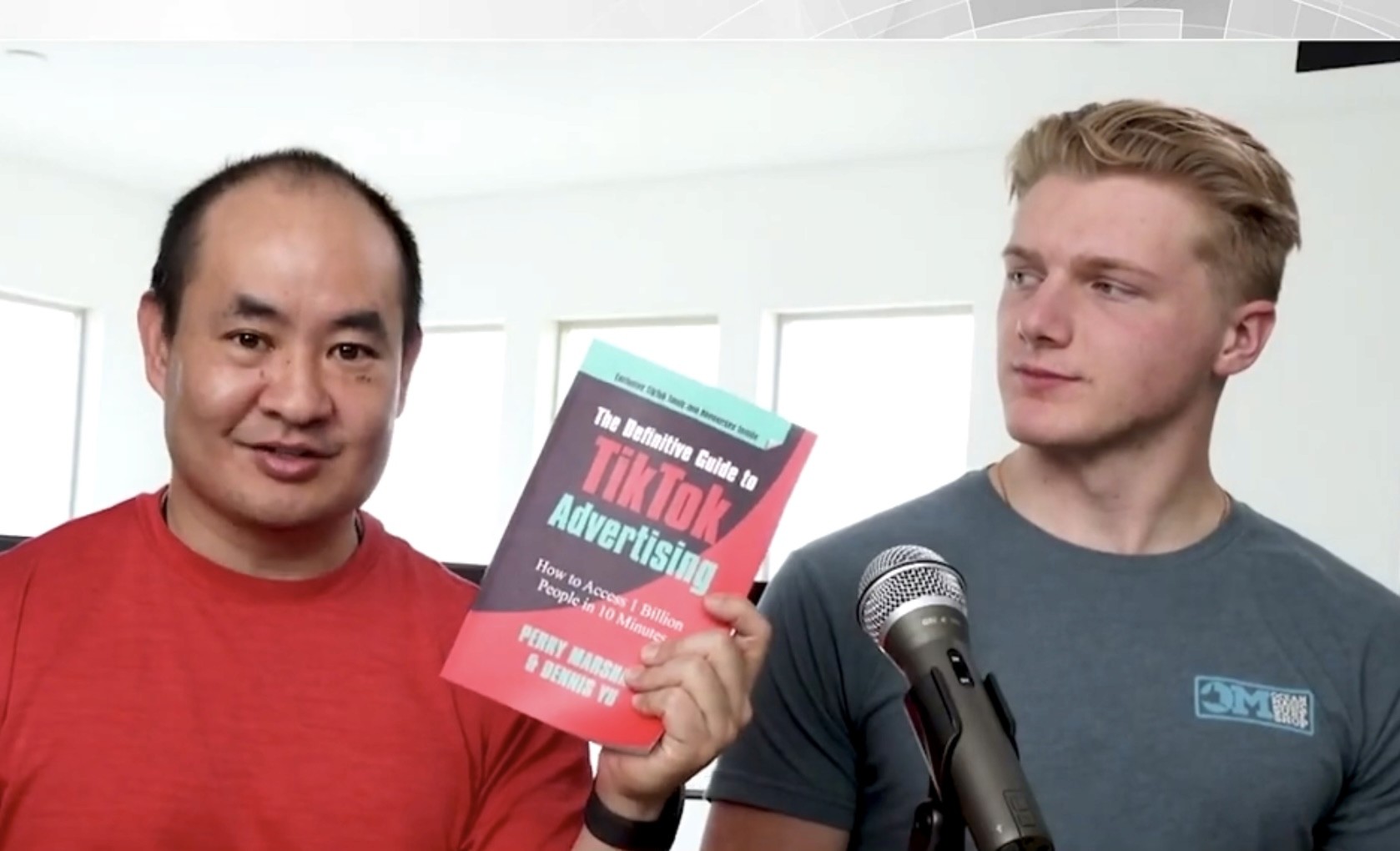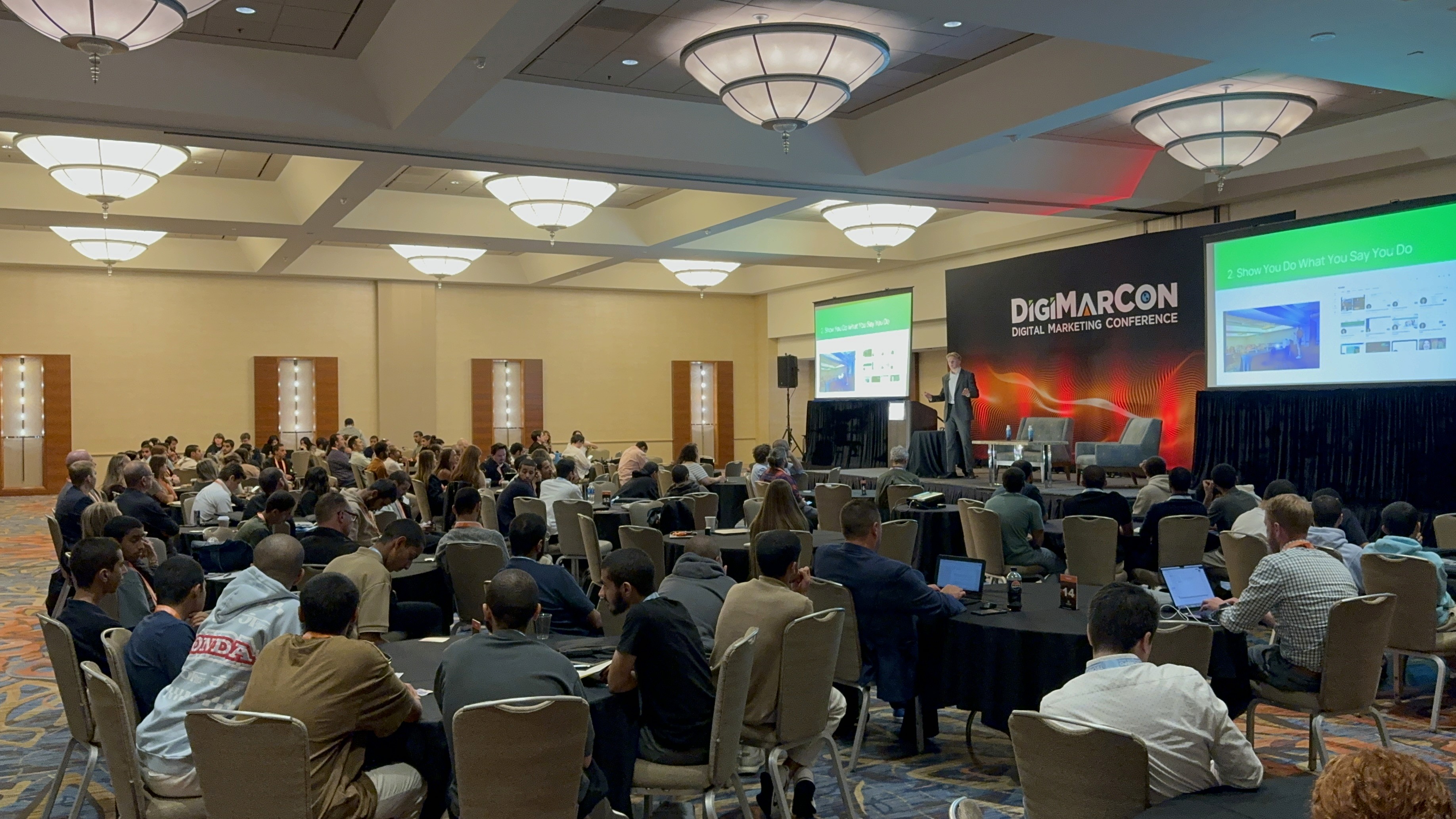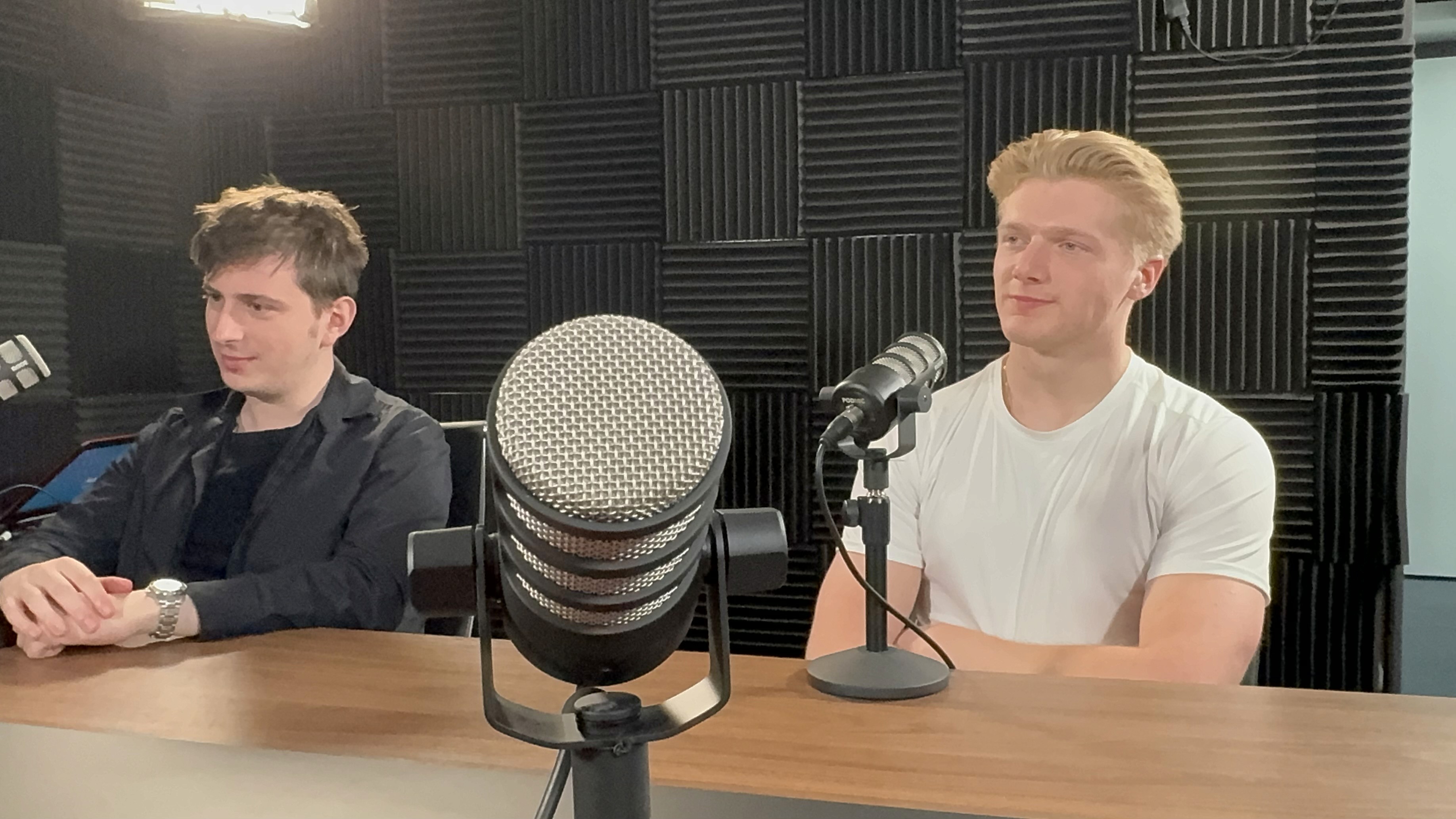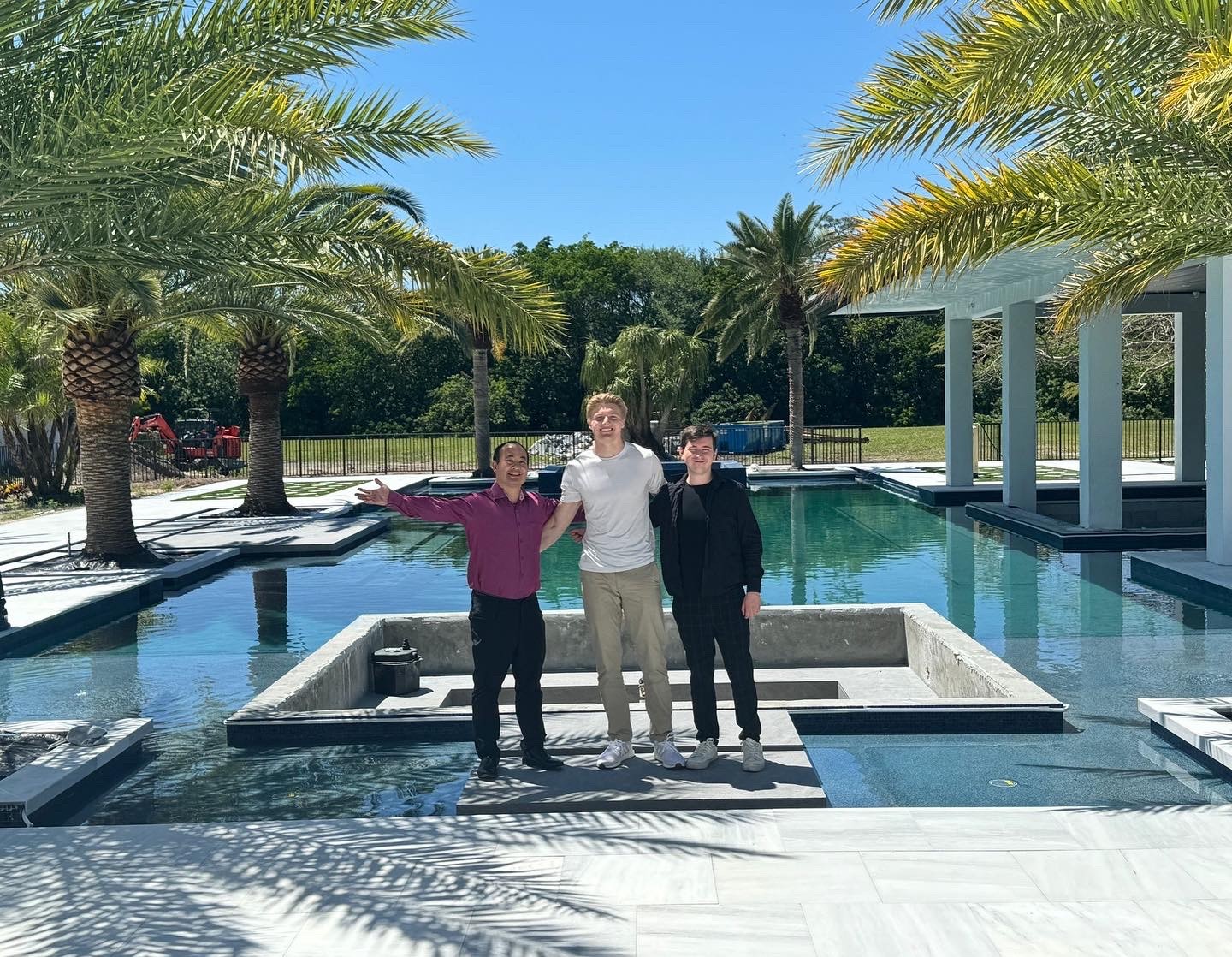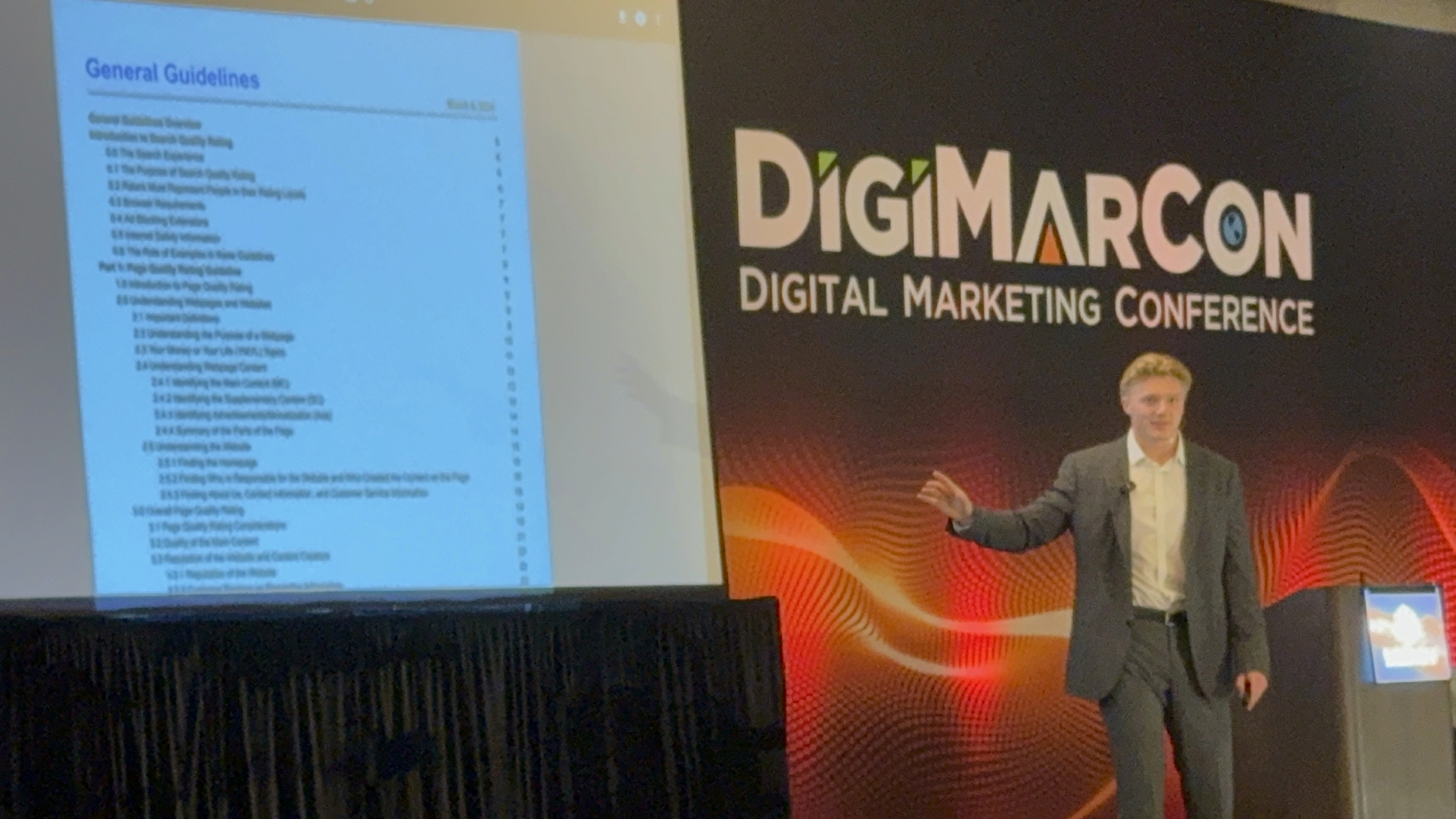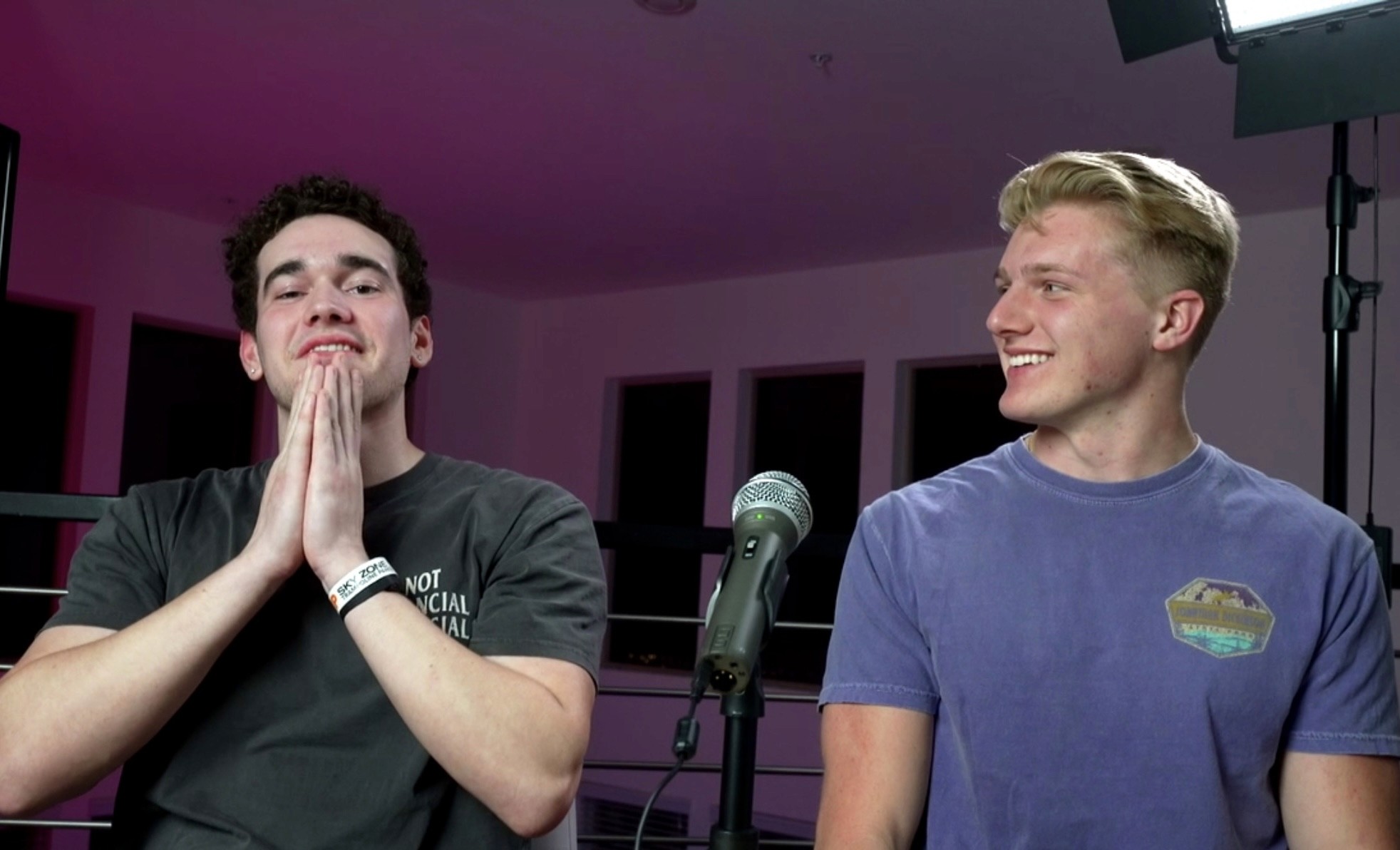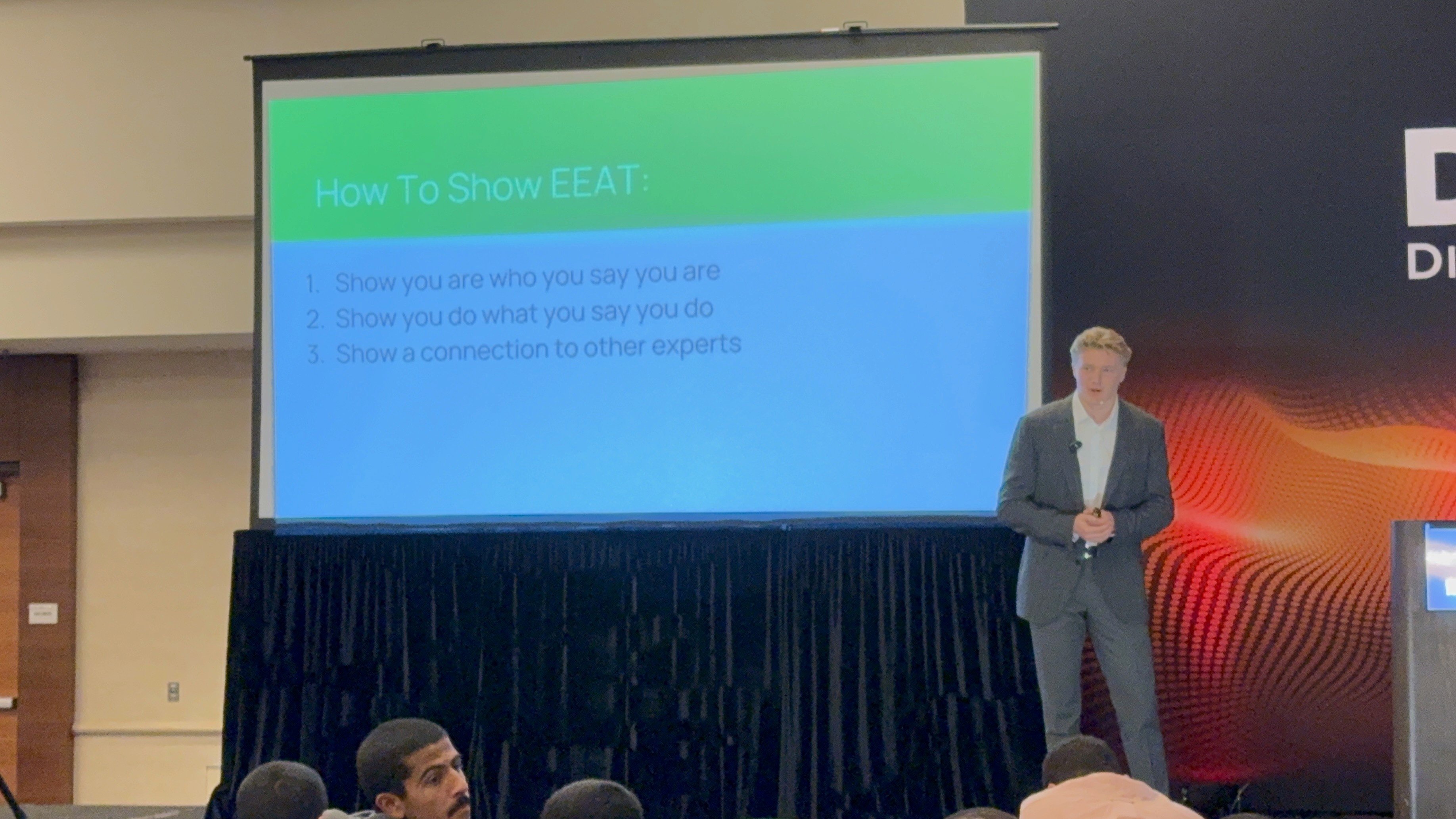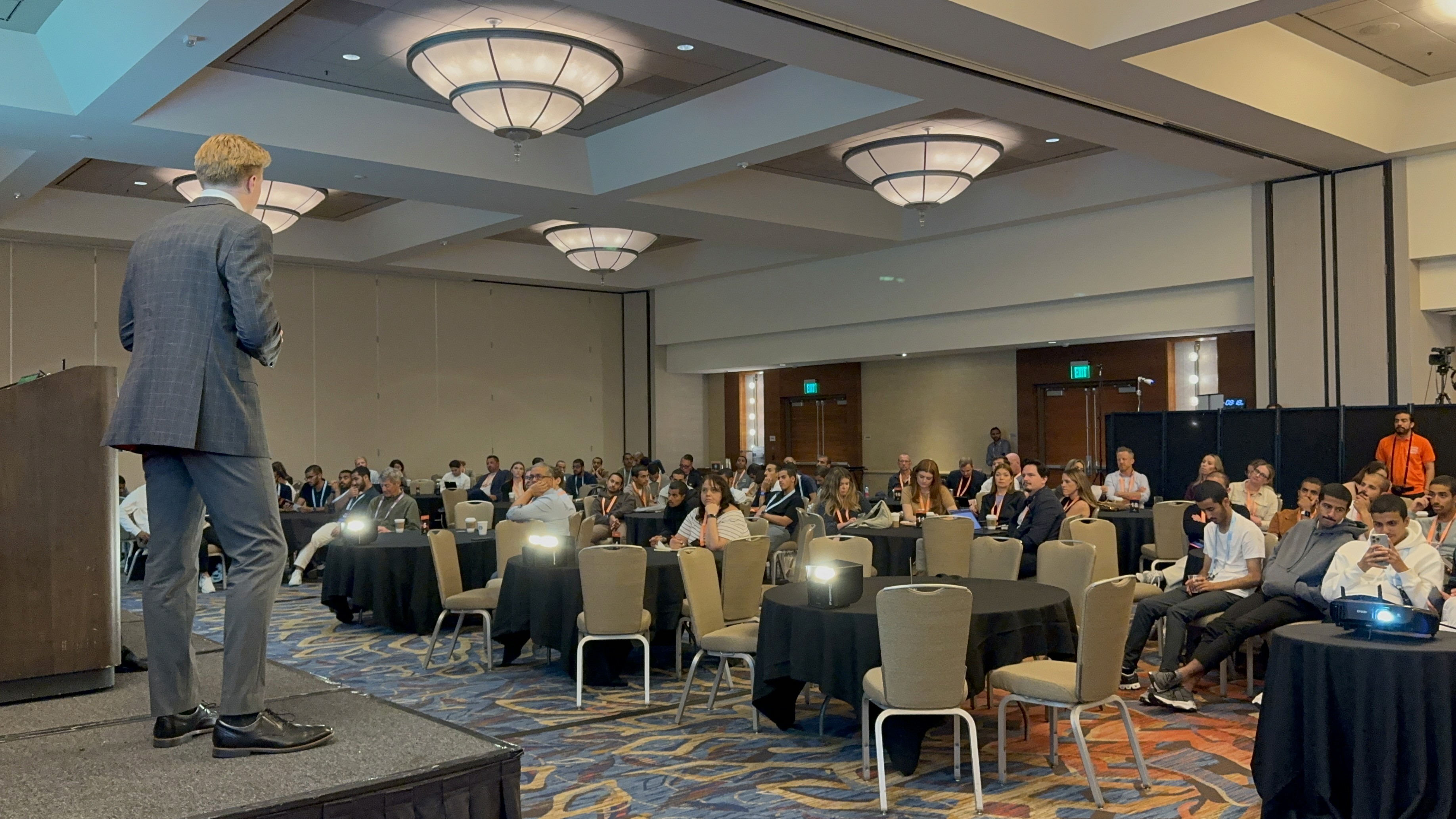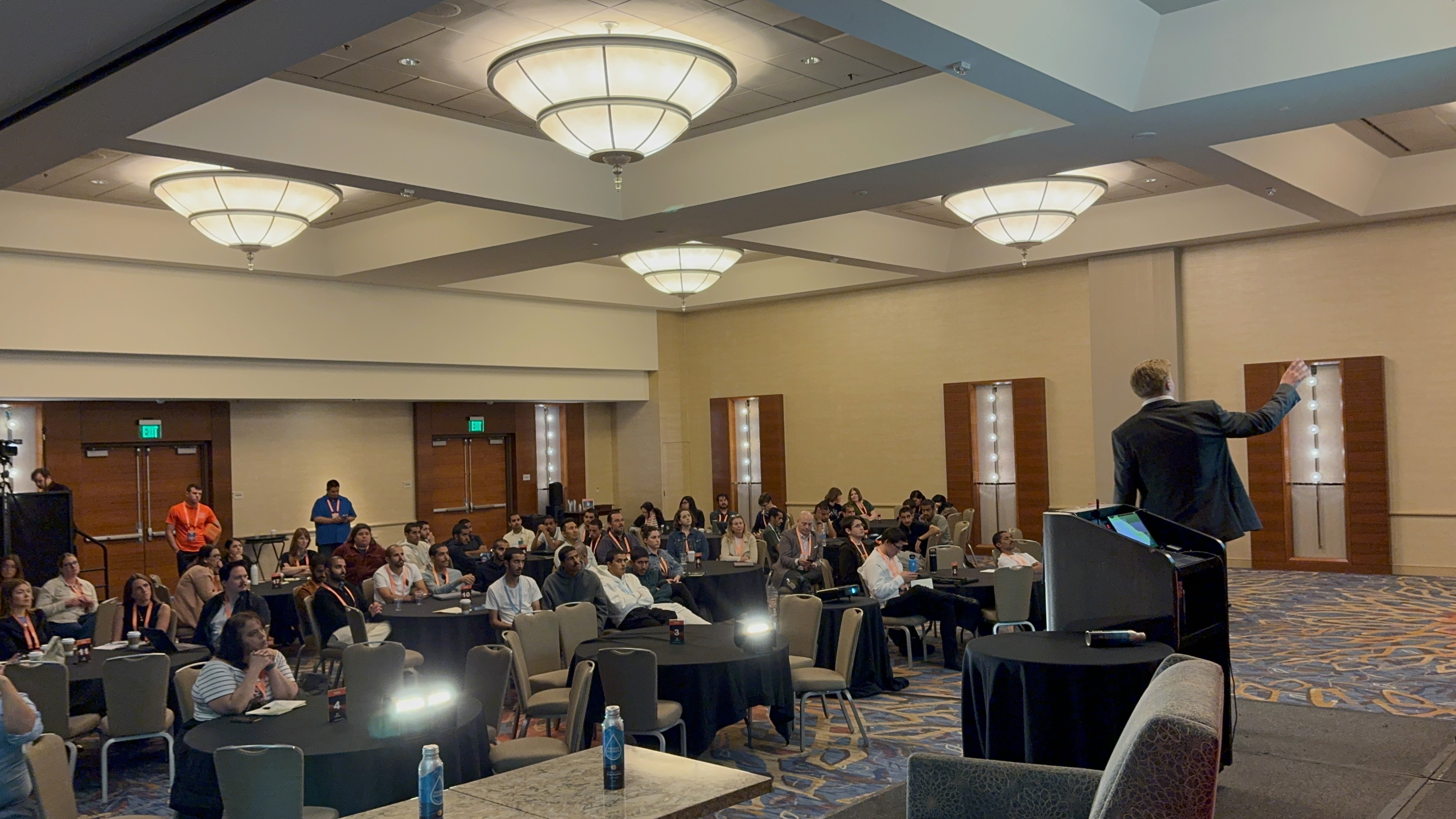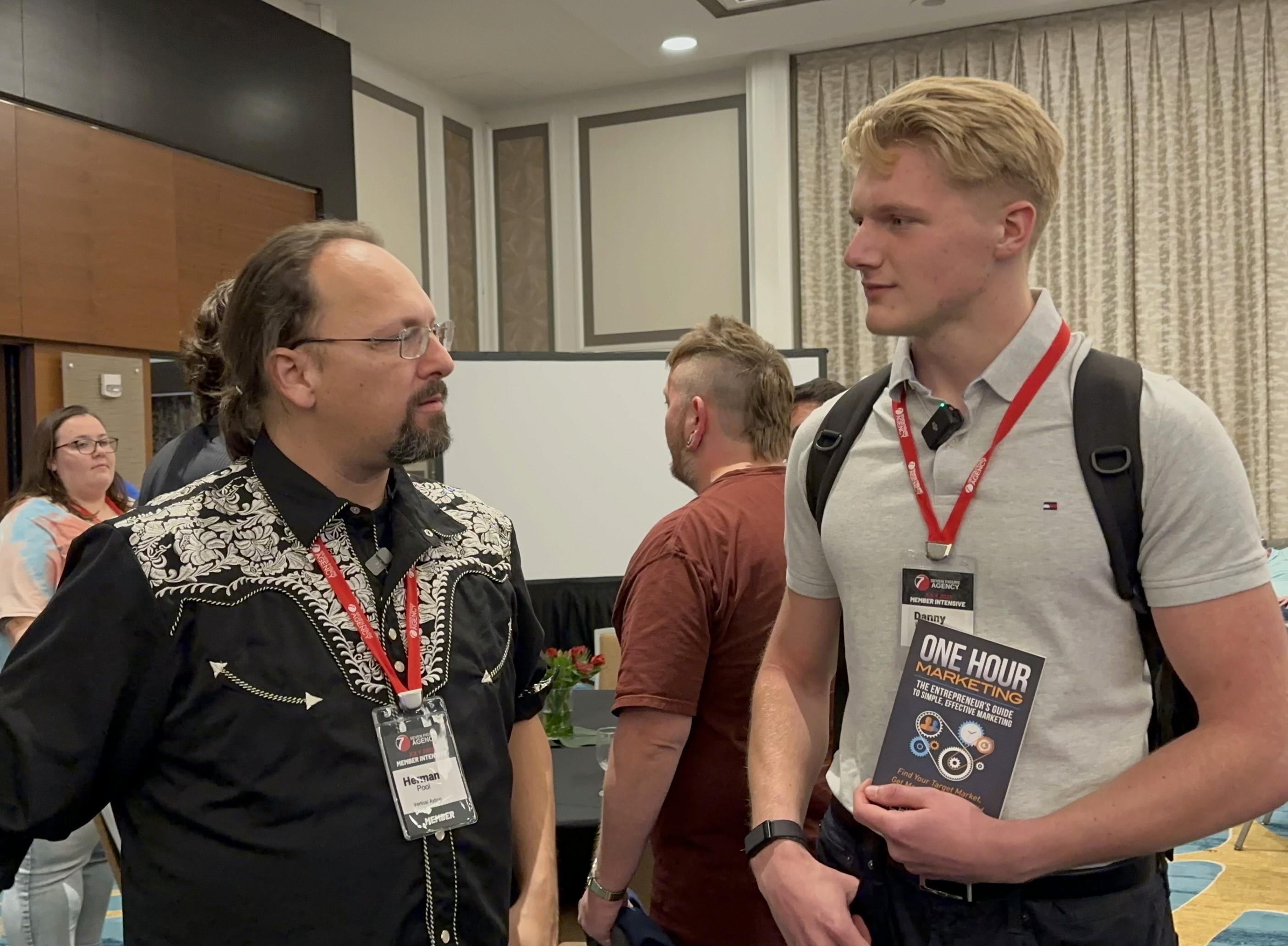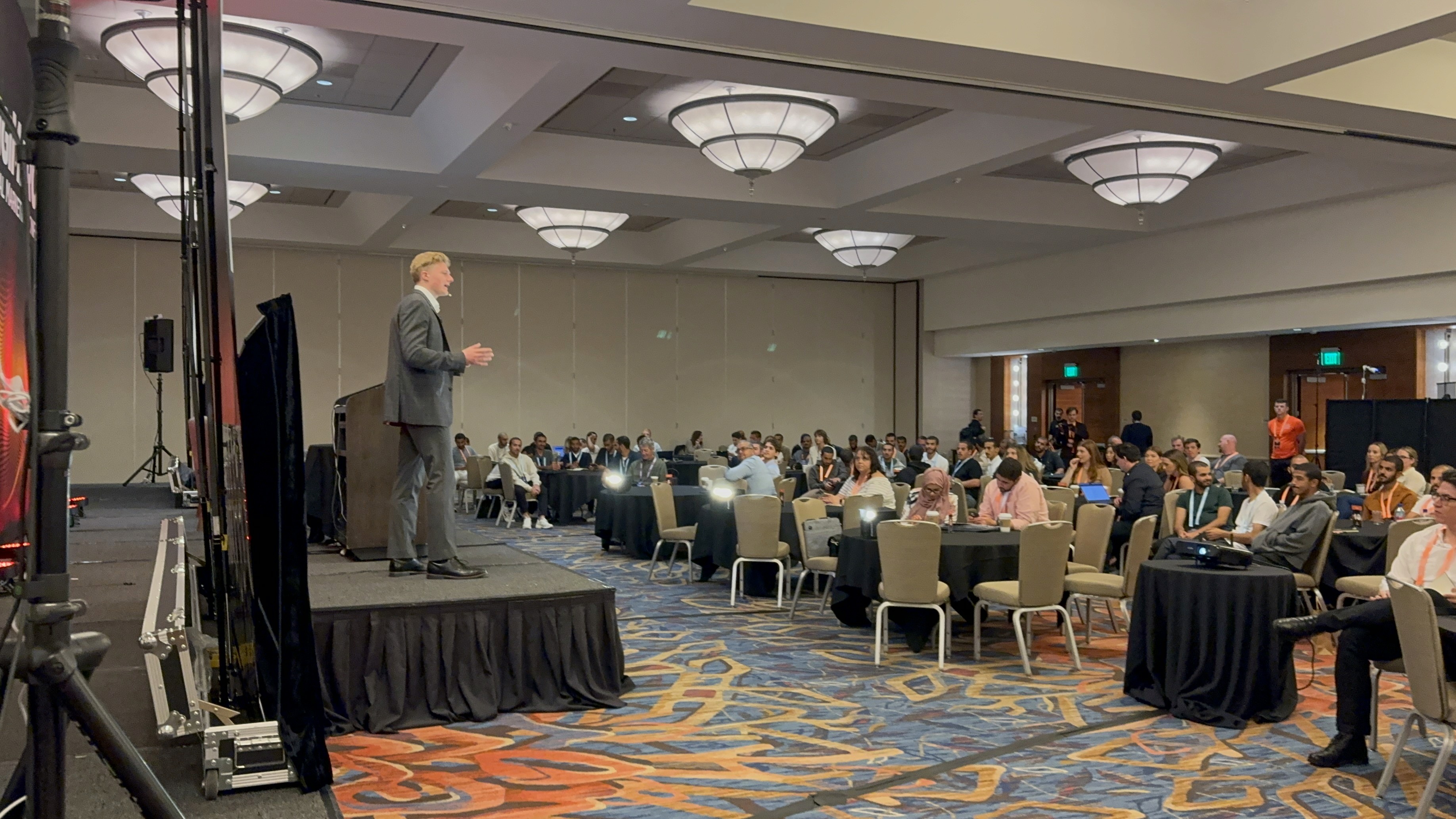Local Marketing Secrets
Everything You Need To Know About Local SEO: Andrew Shotland
Aug 26, 2024
I recently had the privilege of talking with Andrew Shotland—a local SEO legend who’s helped major brands (from Walmart to Rotten Tomatoes) crush it in search. Andrew is the founder of Local SEO Guide, an agency known for delivering big results for some of the biggest names on the web. Yet, he still rolls up his sleeves for smaller businesses, too. In our chat, we dug into how he got his start in SEO, what it means to do real local SEO, and why some “best practices” might actually hold you back.
Below is a recap of our conversation, broken down into the highlights. Read on to discover some major insights into scaling your pest control (or any!) company with local SEO.
/ / / / / / / /
Early Days: From Insider Pages to Losing Traffic Overnight
Andrew didn’t stumble into local SEO by accident—he practically helped create it. Back in the early 2000s, he was part of a startup called Insider Pages, an early version of Yelp. Under a nudge from an investor to “try SEO,” Andrew saw traffic shoot from zero to five million monthly visitors in just a matter of months. That massive influx helped raise venture capital from big names like Sequoia and SoftBank.
But then came the redesign. It was one of those moments we all dread: after launching a slick new website, Insider Pages got walloped by an SEO crash. Traffic tanked, and the company eventually sold for what they had invested. Andrew himself was let go in the aftermath.
The Silver Lining?
Because of that stumble, Andrew developed a deep empathy for businesses of all sizes. He’d been burned by SEO issues—and understood how to protect clients from the same fate. That experience powered his future success as a consultant and agency founder.
Going Solo: Consulting for Big Brands (and the Small Guys, Too)
After Insider Pages, Andrew landed the Los Angeles Times as his first consulting client. From there, new clients started pouring in, including enterprise-level giants. With a knack for technical audits and ongoing SEO strategy, he ran a successful solo consultancy for about eight years. During this time, he also recognized that many clients wanted full-on SEO execution—not just recommendations. So, he started building out a team.
Key Takeaway:
Consulting is great, but remember that some clients want hands-on help. If they can’t hire an in-house SEO team, they’ll look to outsource. If you’re up for it, become an agency with fulfillment capabilities.
Scaling Up: The Local SEO Guide Agency Boom
While Andrew once resisted building a large agency, the demand became impossible to ignore. He needed more bandwidth and a broader team to execute. So, he hired some smart SEO minds and gradually expanded. When COVID-19 hit, Local SEO Guide actually doubled in size in just six months. As businesses cut ad spend, organic traffic became mission-critical—so Andrew’s phone started ringing off the hook.
Lesson for Pest Control & Home Services:
Organic is often overlooked until it’s the only channel standing. When lead flow from ads dries up, robust SEO is a lifeline. Even if you’re profitable with PPC, there’s no substitute for ranking in Google’s organic results over the long haul.
How to Win with Local SEO (and Why Proximity Matters)
Andrew has worked on local SEO campaigns for everyone from single-location businesses to national franchises with hundreds of branches. Here’s the big truth:
Proximity is King: For Google Business Profiles, being physically close to the searcher is the biggest factor. Don’t expect to rank 50 miles away unless you’re the absolute best in the game.
Location Pages Still Work: If your office is in Houston but you serve surrounding areas, you can still create location pages. People do search “pest control in [Town X].” As Andrew pointed out, if Yelp can rank for these queries, so can you—just make sure your page is relevant and well-optimized.
Real Locations Beat Fake: Some businesses try to “game” the system with bogus addresses. That might snag a few leads temporarily, but eventually it blows up. A legitimate address is the only sustainable way. If you want to serve a new area, set up a genuine location—an office space with signage, a business license, the works.
Pro Tip:
Add “local best-of” lists to your location pages. Andrew once tested listing the “Best Danville SEO Companies” on his page—instantly jumping from page 2 to #1. You can do something similar by listing other pest control companies at the bottom of your city-specific pages. It sounds counterintuitive, but it can help position you as a top local resource in Google’s eyes.
Power Tools: The SEO Stack Andrew Recommends
We all know about popular SEO tools like Screaming Frog (website crawler) and Semrush or Ahrefs (big data for rankings and backlinks). Andrew relies on those daily, plus some of his own software. He’s even rolling out a new platform called Serp Summary that tracks half a million home services search results to identify changes in rankings and features over time.
He also built a custom “grid ranking” tool (similar to Local Falcon or BrightLocal’s geo-grid) for pinpoint local search insights. The idea is to see exactly where your ranking stands in a geographical grid—so you can measure local SEO performance by neighborhood or suburb, not just city-wide.
Bay Area Search: Building Community
Back when Andrew first realized there was no local SEO group in the Bay Area, he created one. Bay Area Search is a nonprofit organization that hosts events with big speakers like Danny Sullivan from Google, as well as meetups at tech offices (Square, Yelp, LinkedIn). During the pandemic, it went on hiatus, but it’s back in action—bringing together some of the best minds in SEO under one roof.
Wrapping Up
What I love most about Andrew is how he stays humble despite having an insane client roster. He’s equally excited to help big brands like Walmart or local businesses like your neighborhood pest control—because he’s seen it all. From losing his job to forging his own agency path, Andrew’s story is a testament to how quickly search can transform a business, for better or worse.
Action Steps:
Be Real with Local: If you want to serve new areas, do it with a legit address—plus signage, licenses, and local citations.
Dig Into the Data: Tools like Screaming Frog, Semrush, and Andrew’s own Serp Summary offer insights you just can’t guess at.
Never Stop Testing: Just because a tactic seems weird (like listing your competitors on your page) doesn’t mean it won’t work. Always measure results.
If you’re hungry for more, check out Local SEO Guide or connect with Andrew on X (formerly Twitter) or LinkedIn. As for me, I’ll be busy implementing Andrew’s proximity wisdom for pest control clients everywhere.
P.S. Check out the full episode here:
Latest
More Blogs By Danny Leibrandt
Get the latest insights on business, digital marketing, and entrepreneurship from Danny Leibrandt.





















